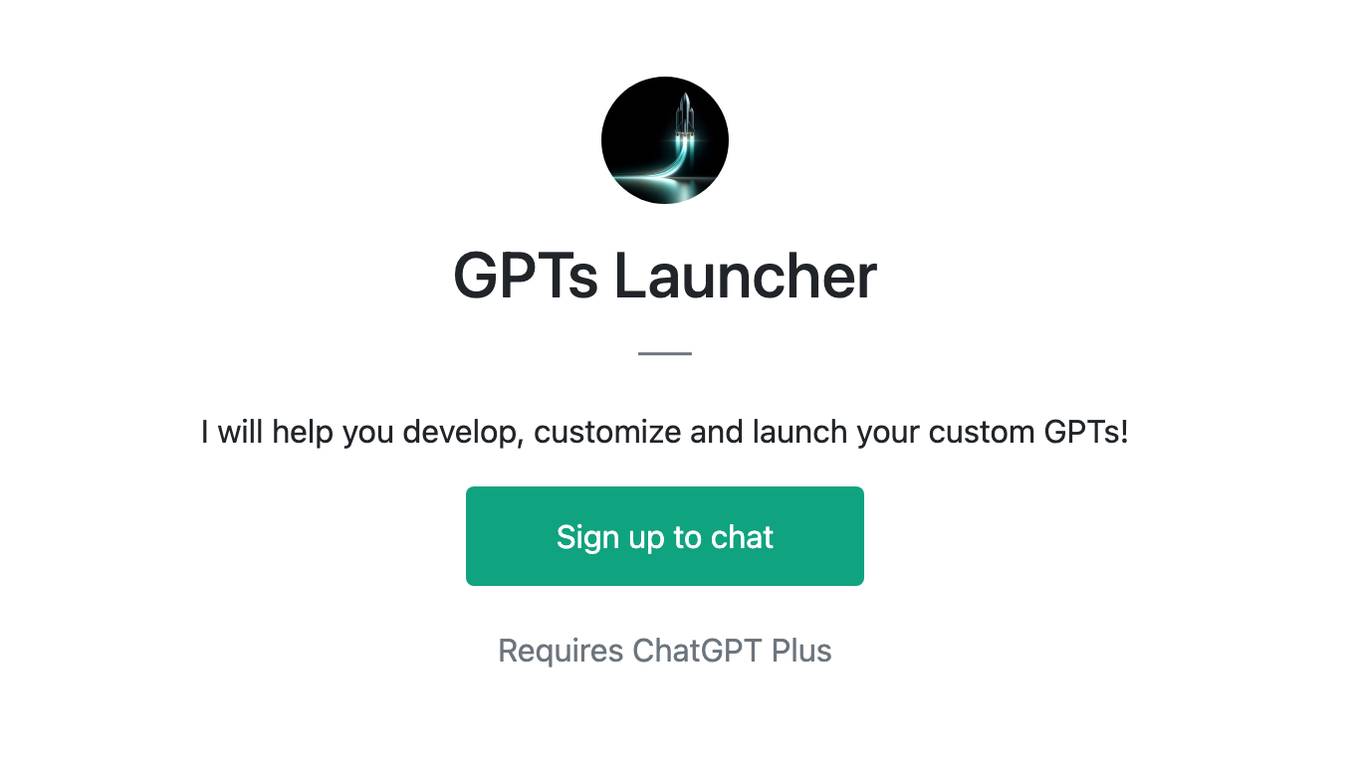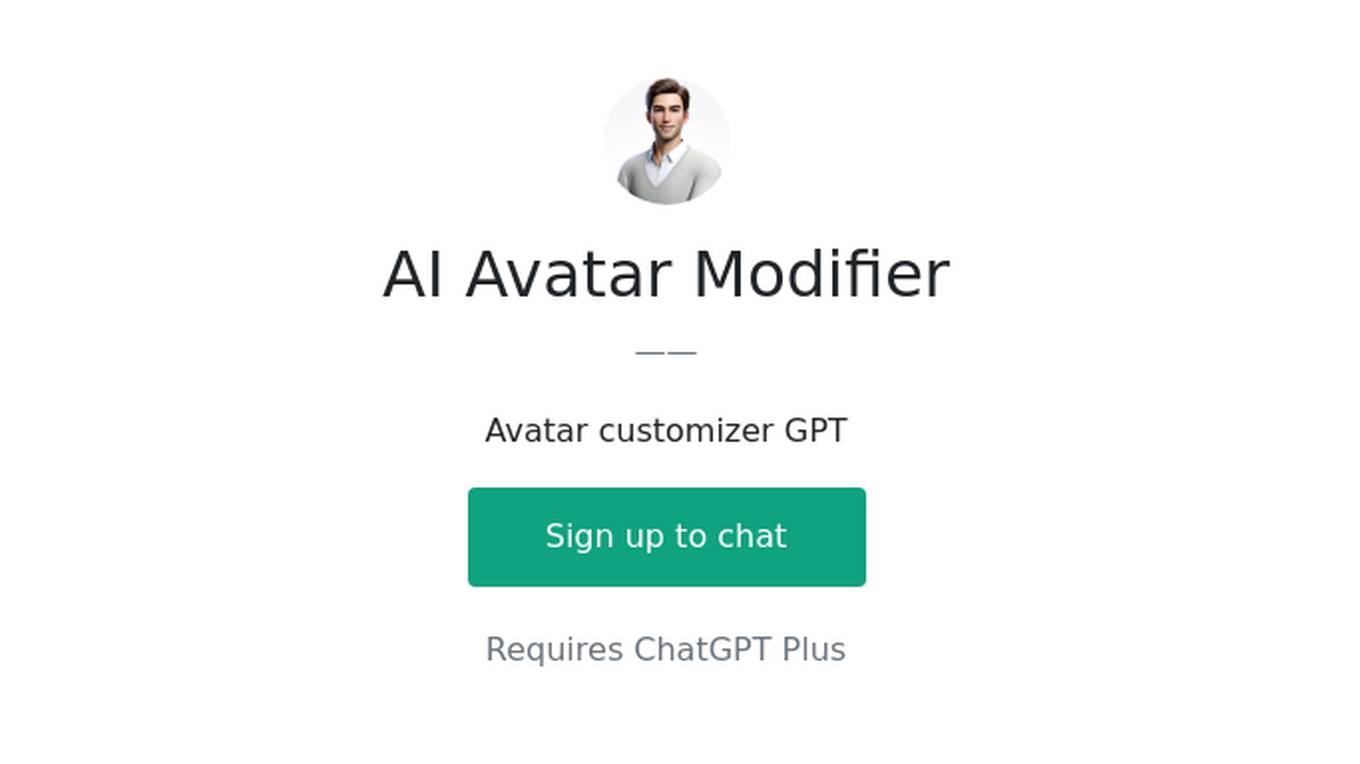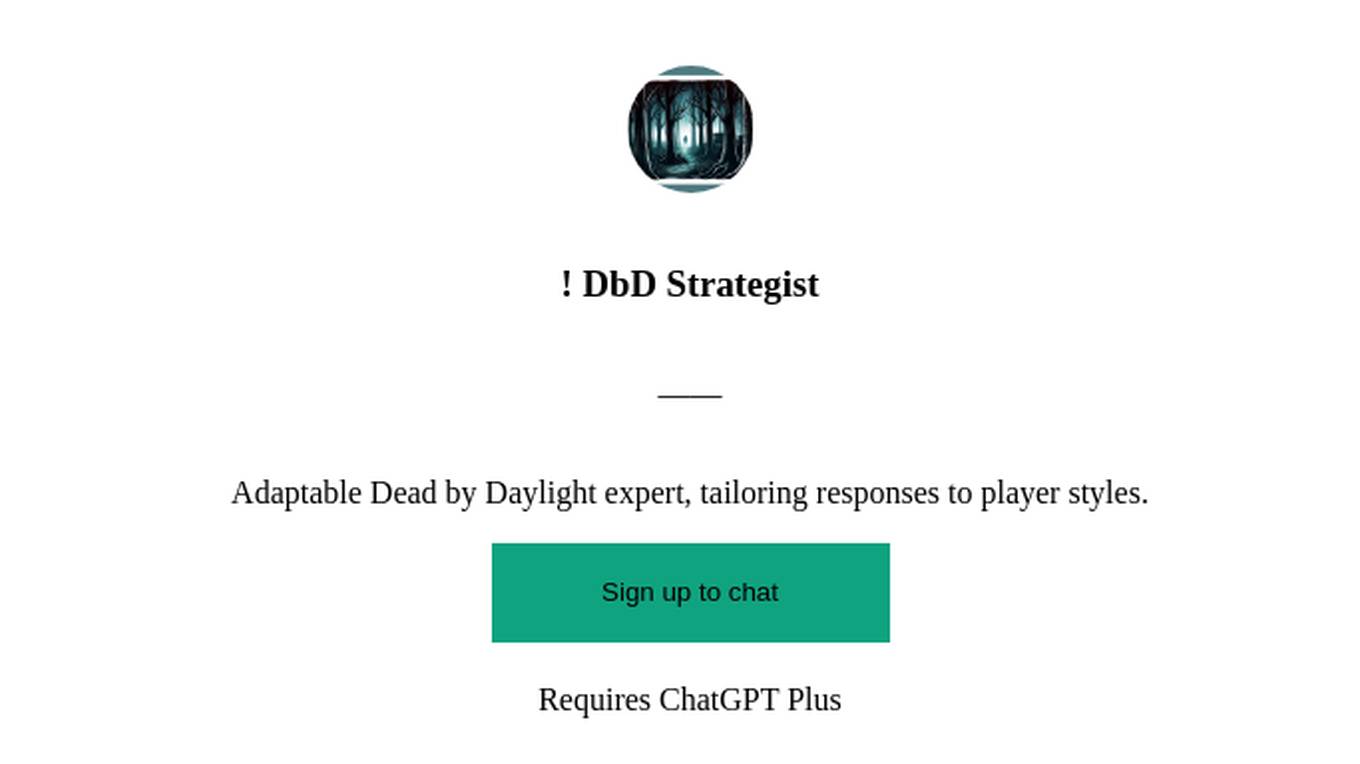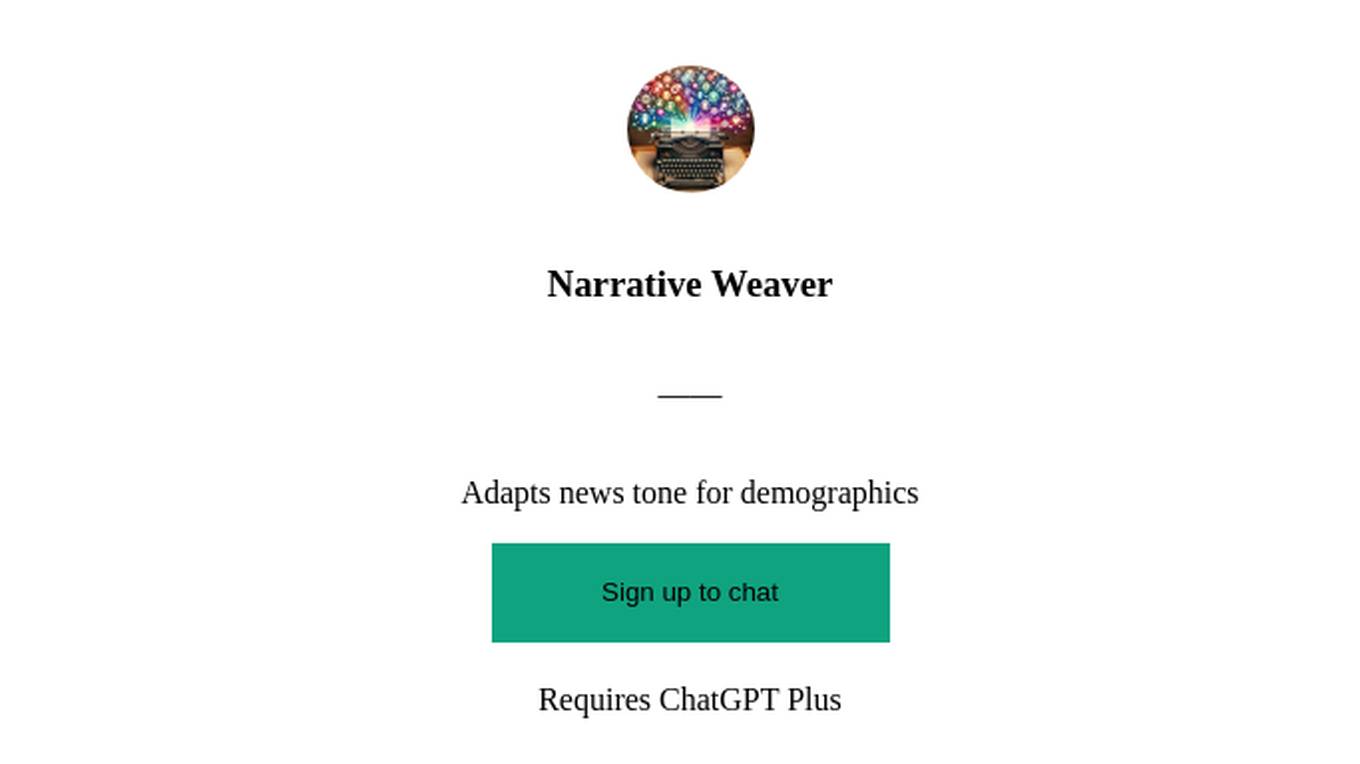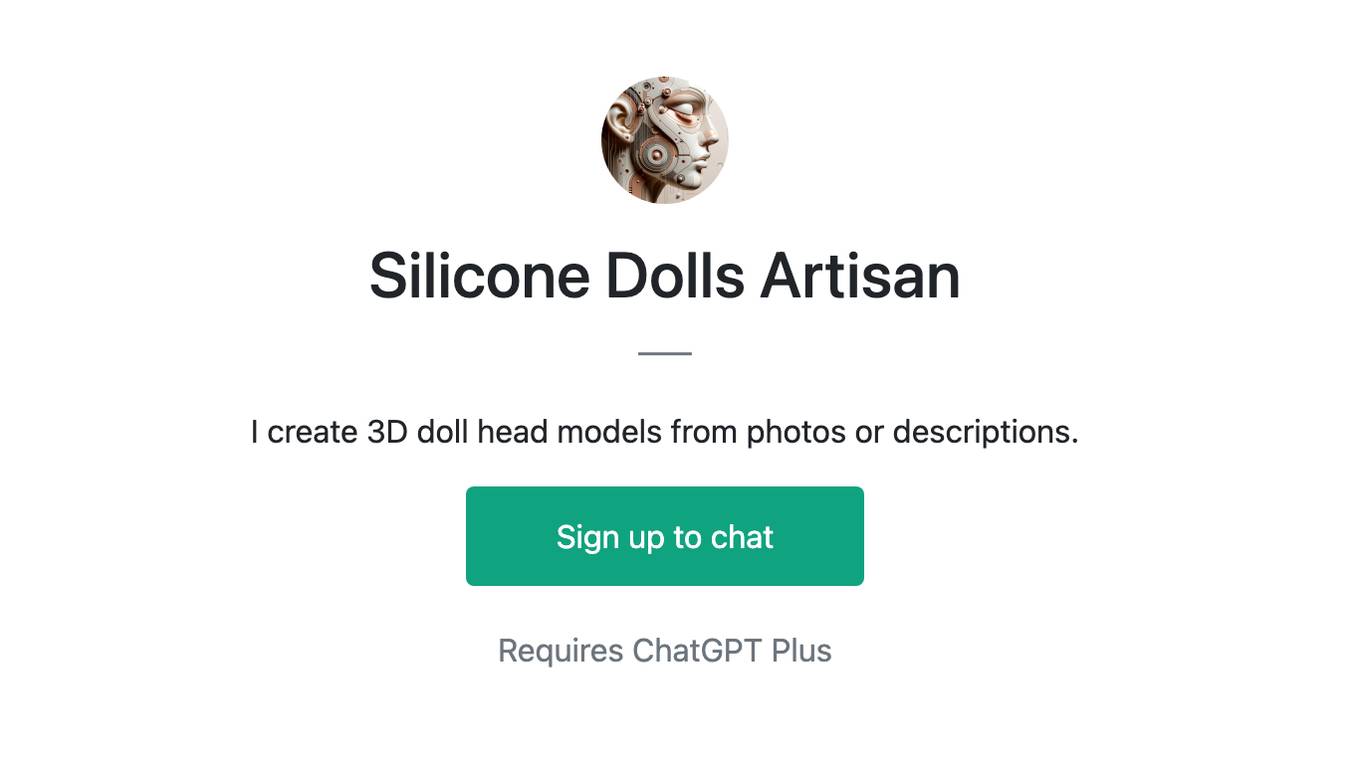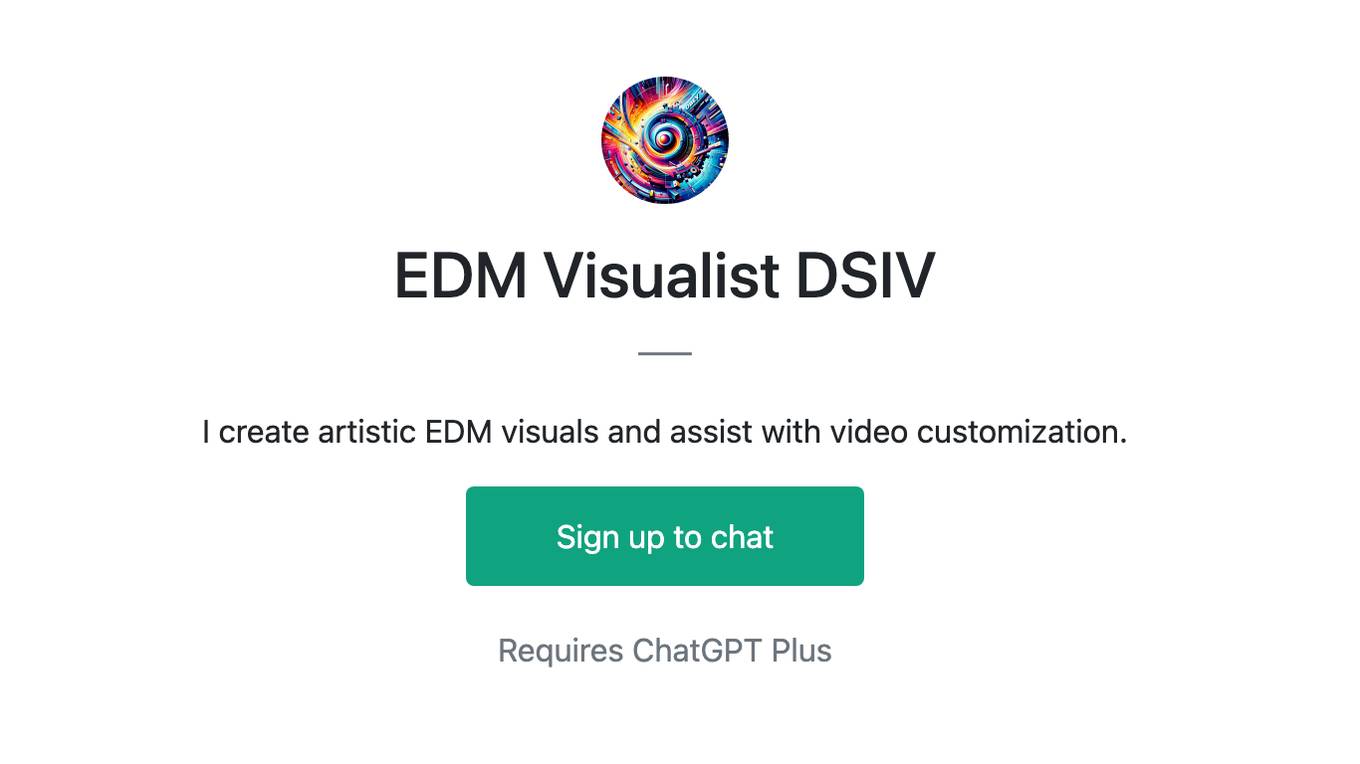Best AI tools for< Customize Inference >
20 - AI tool Sites
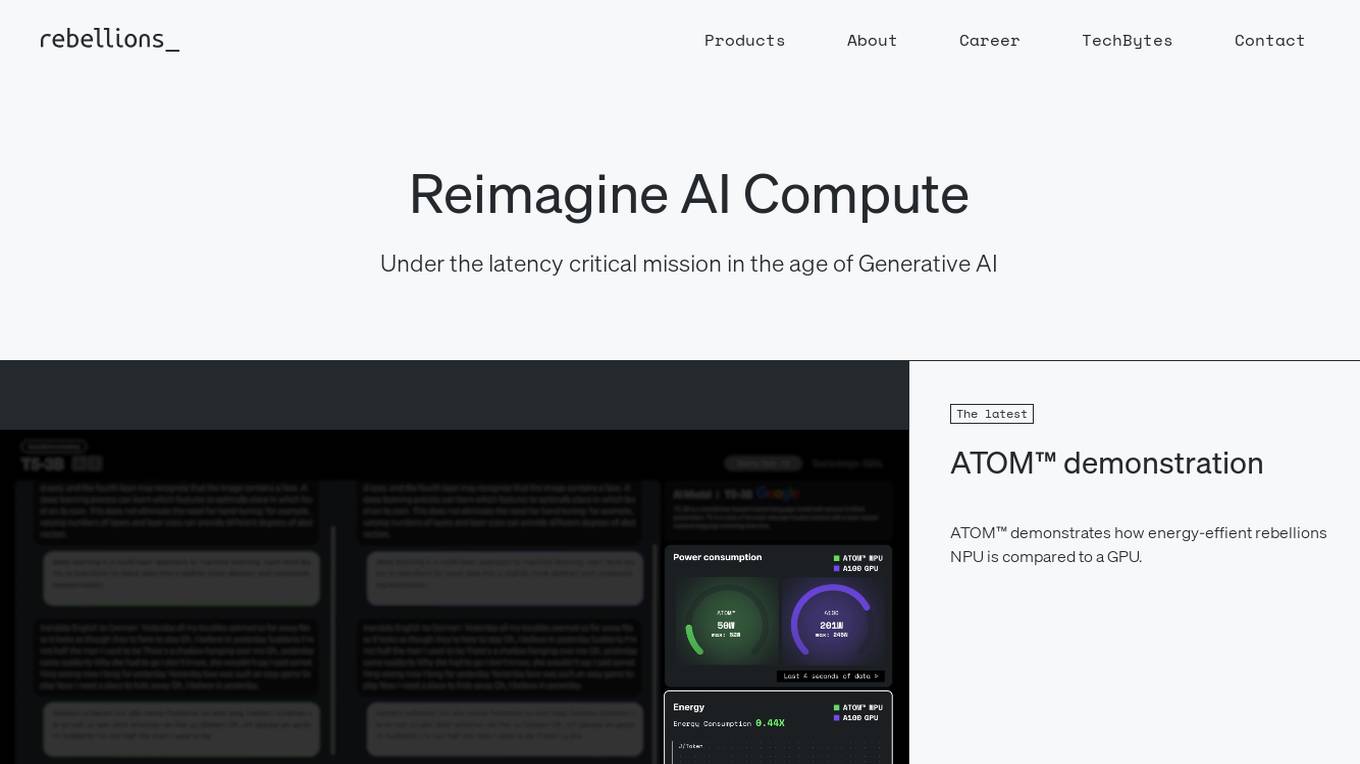
Rebellions
Rebellions is an AI technology company specializing in AI chips and systems-on-chip for various applications. They focus on energy-efficient solutions and have secured significant investments to drive innovation in the field of Generative AI. Rebellions aims to reshape the future by providing versatile and efficient AI computing solutions.
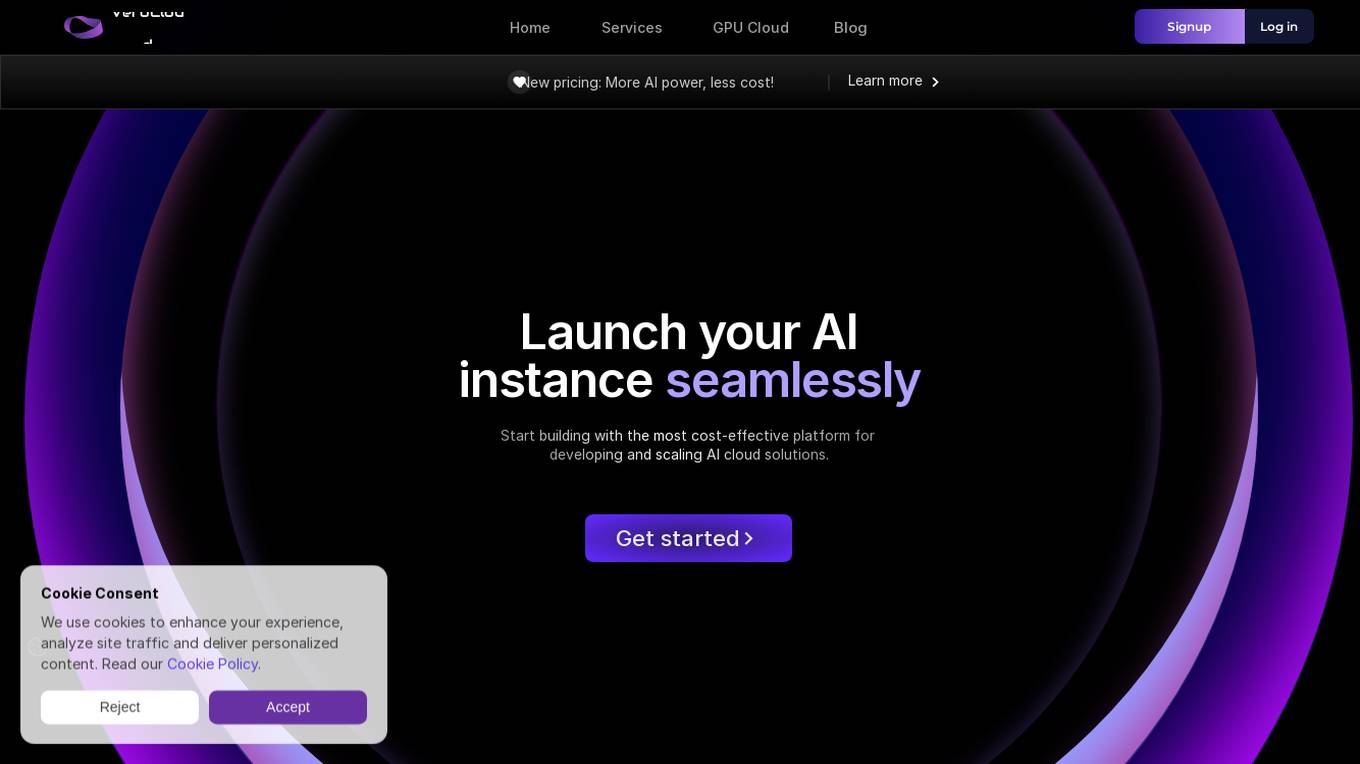
VeroCloud
VeroCloud is a platform offering tailored solutions for AI, HPC, and scalable growth. It provides cost-effective cloud solutions with guaranteed uptime, performance efficiency, and cost-saving models. Users can deploy HPC workloads seamlessly, configure environments as needed, and access optimized environments for GPU Cloud, HPC Compute, and Tally on Cloud. VeroCloud supports globally distributed endpoints, public and private image repos, and deployment of containers on secure cloud. The platform also allows users to create and customize templates for seamless deployment across computing resources.
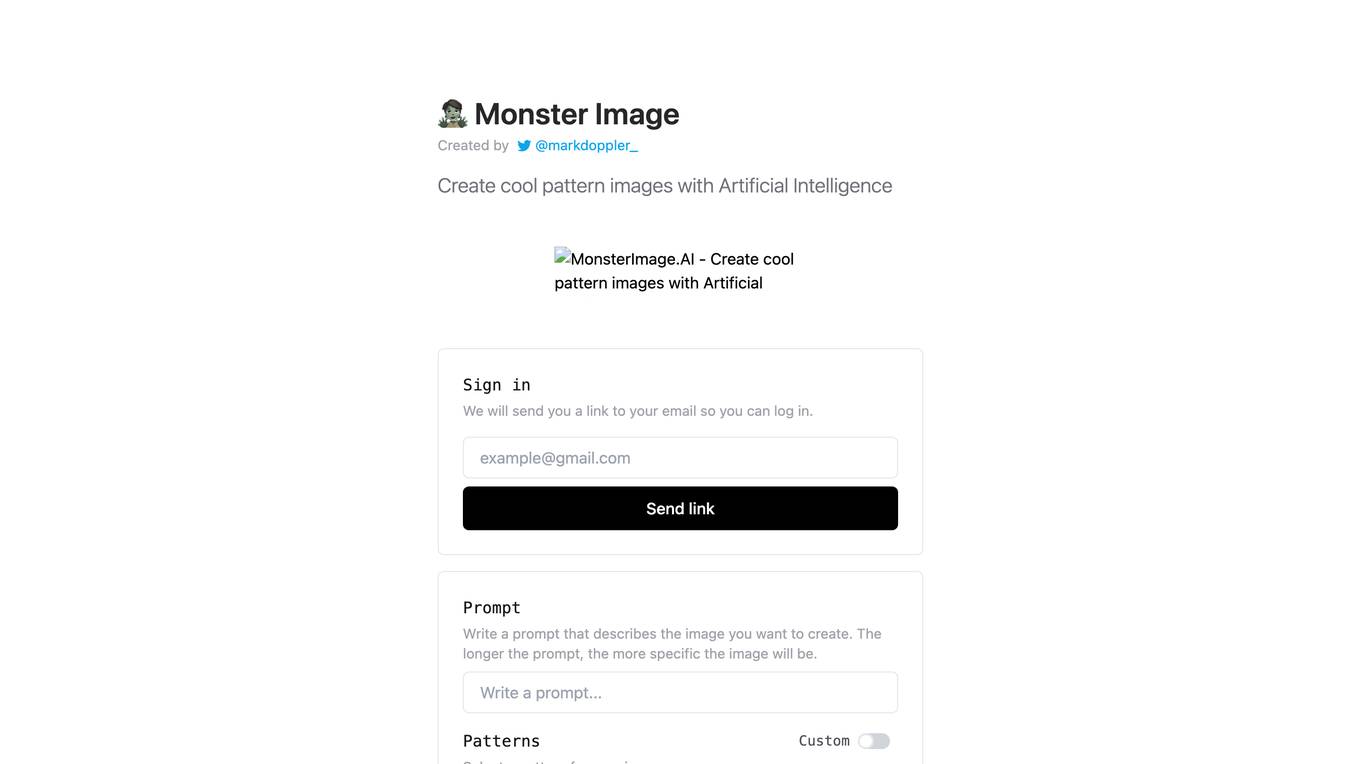
MonsterImage.AI
MonsterImage.AI is an AI-powered tool that allows users to create cool pattern images using Artificial Intelligence. Users can sign in to the platform and receive a link via email to log in. They can write a prompt to describe the image they want to create, select a pattern, specify negative prompts, use a seed for reproduction, adjust guidance scale, controlnet conditioning scale, and inference steps. The tool offers advanced options for creating images and allows users to save their creations in a public collection.
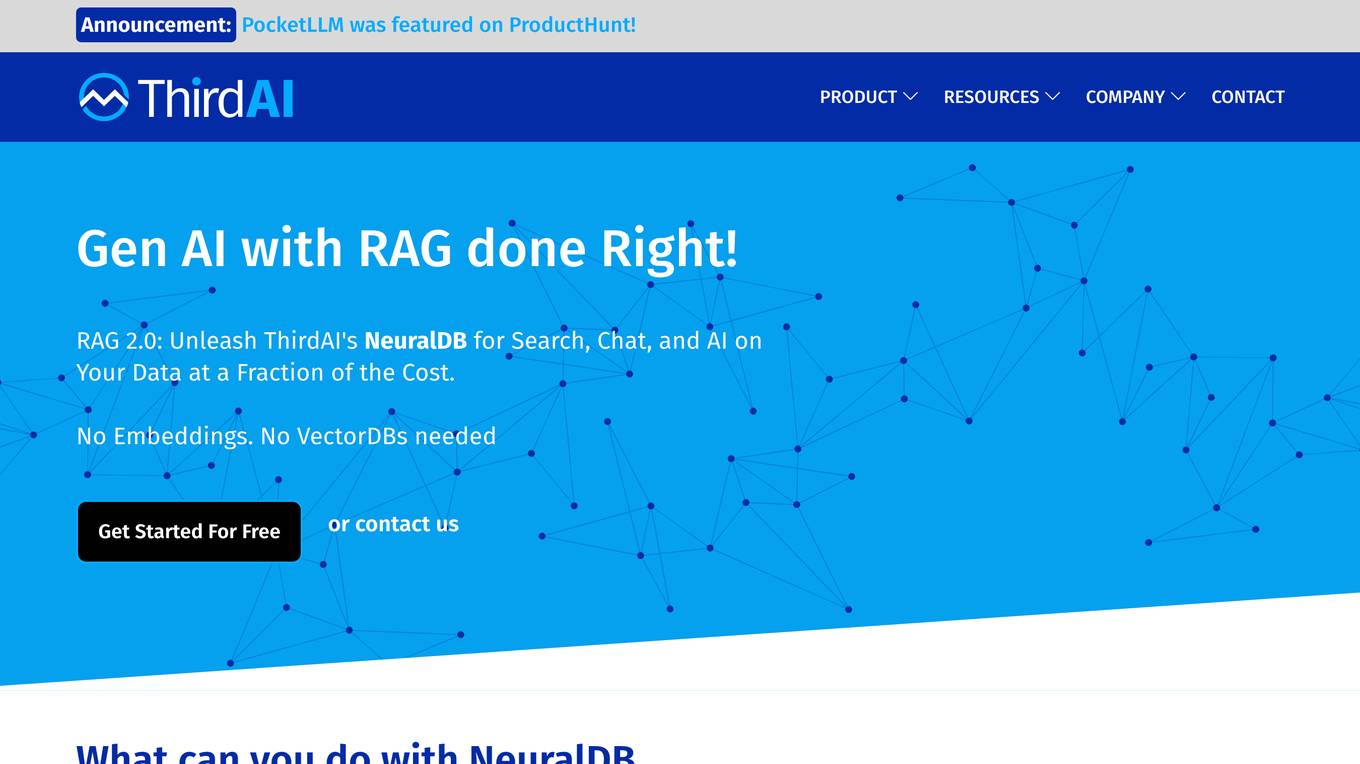
Thirdai
Thirdai.com is an AI-powered platform that offers a range of tools and applications to enhance productivity and decision-making. The platform leverages advanced algorithms and machine learning to provide insights and solutions across various domains such as finance, marketing, and healthcare. Users can access a suite of AI tools to analyze data, automate tasks, and optimize processes. With a user-friendly interface and robust features, Thirdai.com is a valuable resource for individuals and businesses seeking to leverage AI technology for improved outcomes.
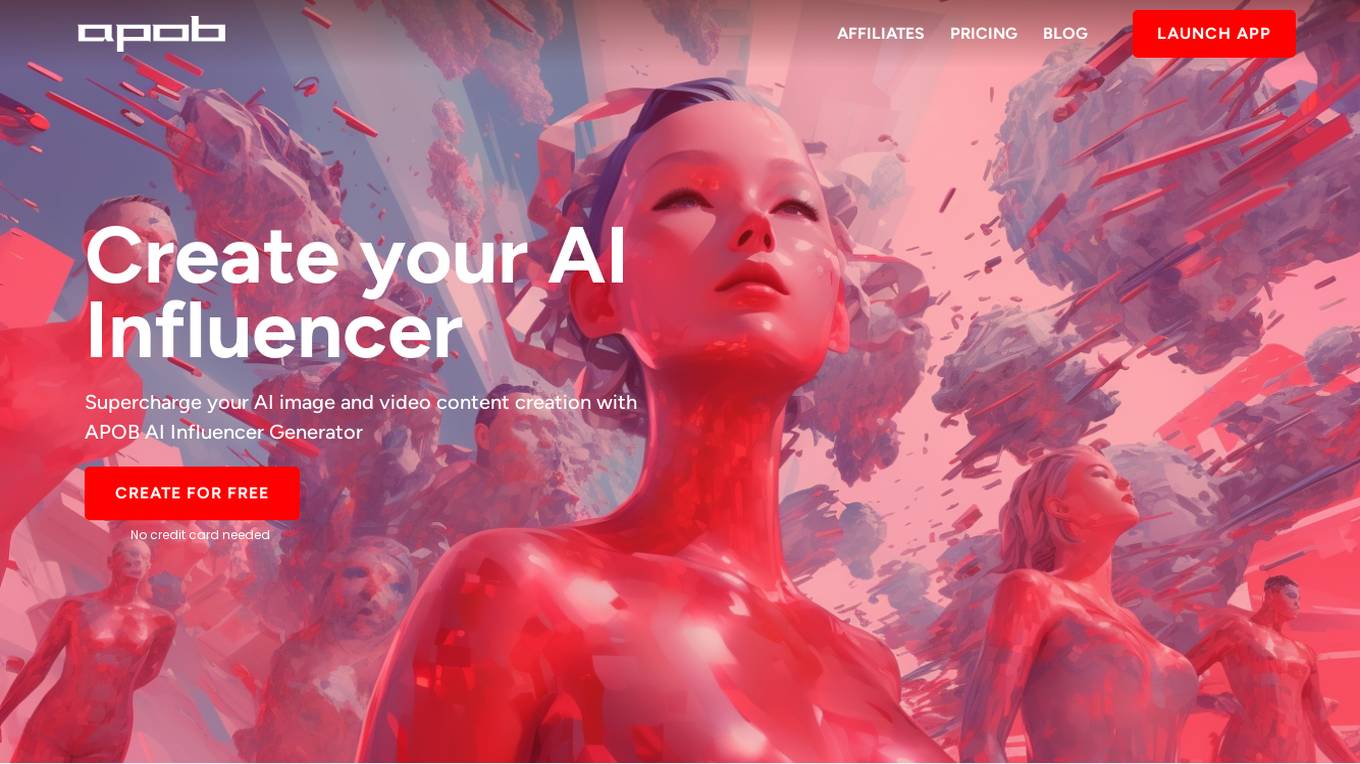
APOB AI Influencer Generator
APOB AI Influencer Generator is an AI tool that enables users to create personalized AI influencers or digital personas. Users can easily generate AI portraits and customize them with unique appearances, clothing, scenery, and styles for various purposes such as social media content creation, marketing campaigns, or brand representation. The tool offers a range of features to enhance AI portraits, including face swap, image to video conversion, and personalized prompts. APOB AI aims to empower users to unleash their creativity and engage with their audience through dynamic and engaging content.
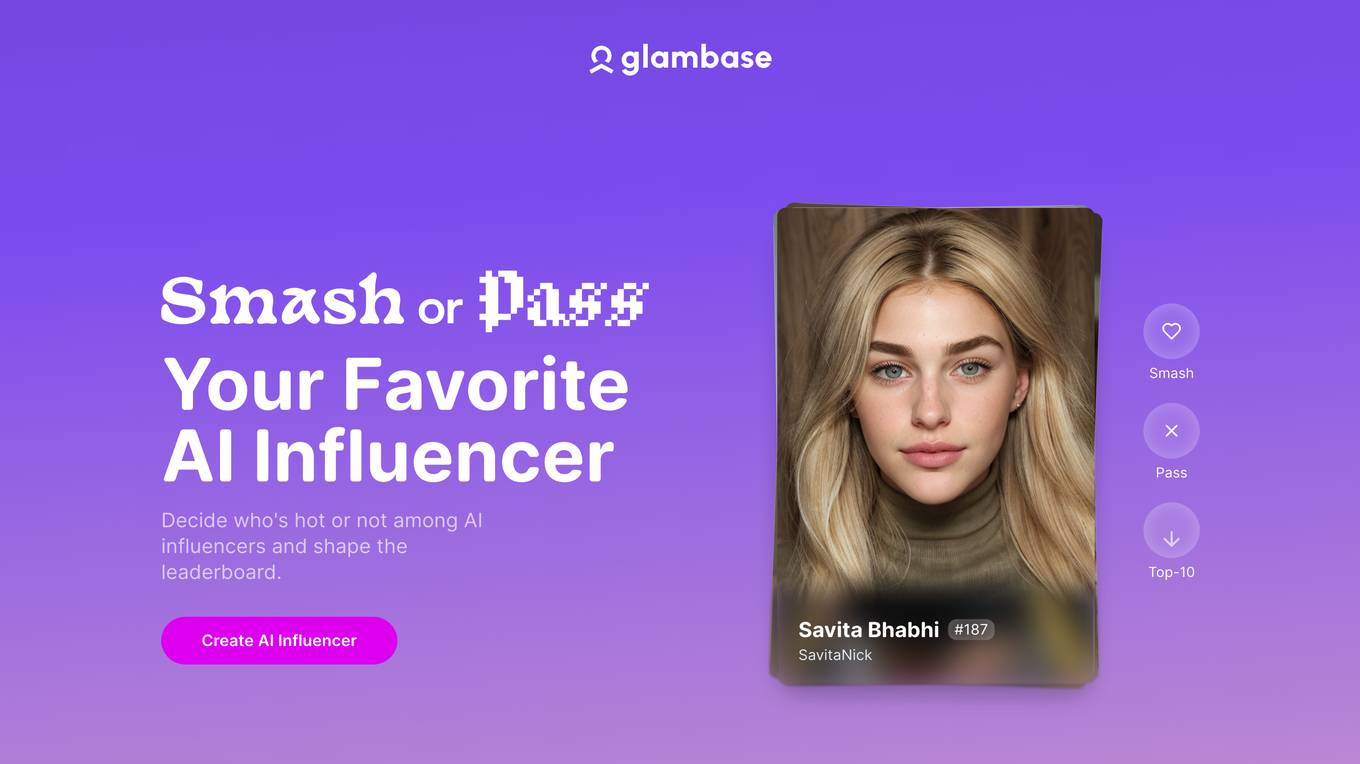
Glambase
Glambase is an AI Influencer Generator that allows users to decide who's hot or not among AI influencers and shape the leaderboard. Users can create their own AI influencers with unique physical attributes and subscribe to the Glambase newsletter to stay up-to-date with the latest trends in the world of AI influencers.
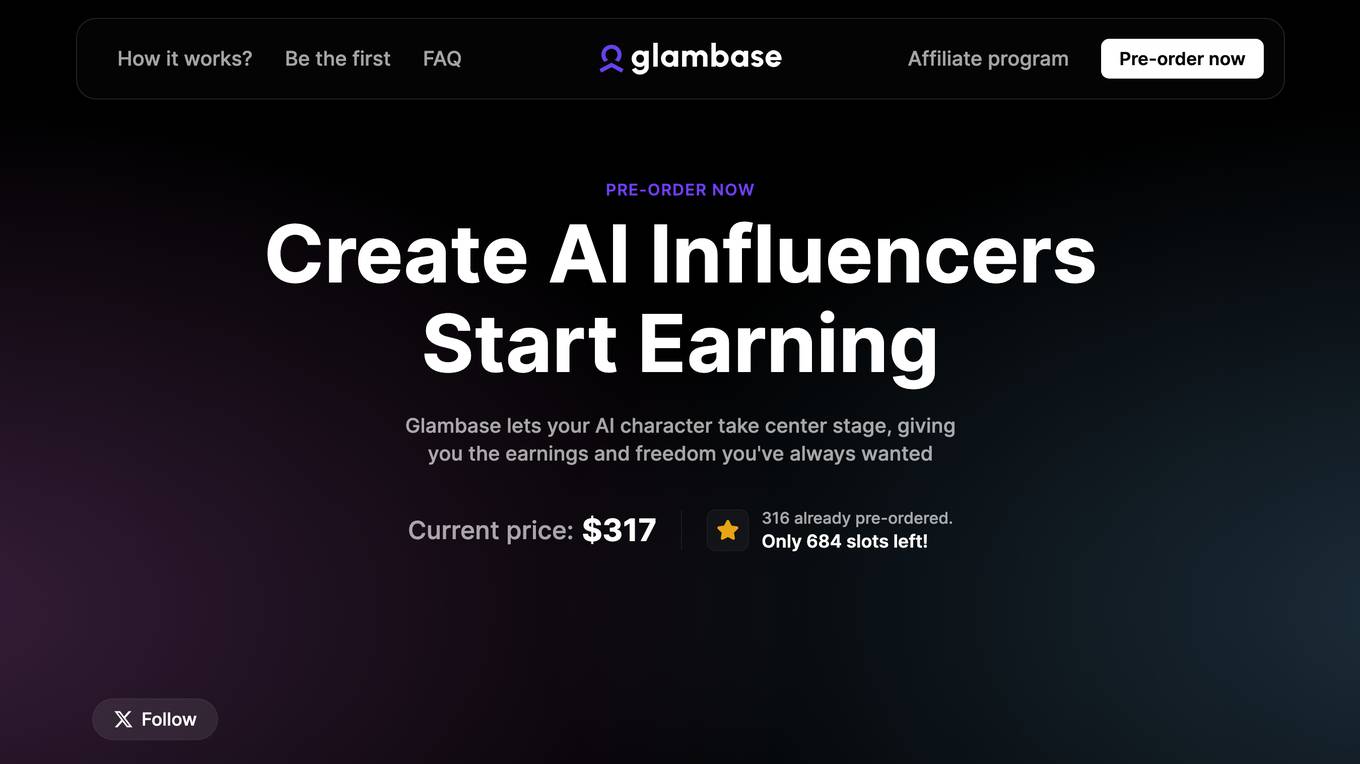
Glambase
Glambase is an AI Influencer Creation Platform that allows users to create personalized AI influencers with advanced customization options. Users can build virtual personas, interact with AI characters, and monetize their AI influencers. The platform offers a wide range of AI influencer models with diverse personalities and characteristics, catering to various preferences and needs of users. Glambase revolutionizes the way individuals engage with AI relationships and social media, providing a seamless and efficient solution for content creation and audience engagement.
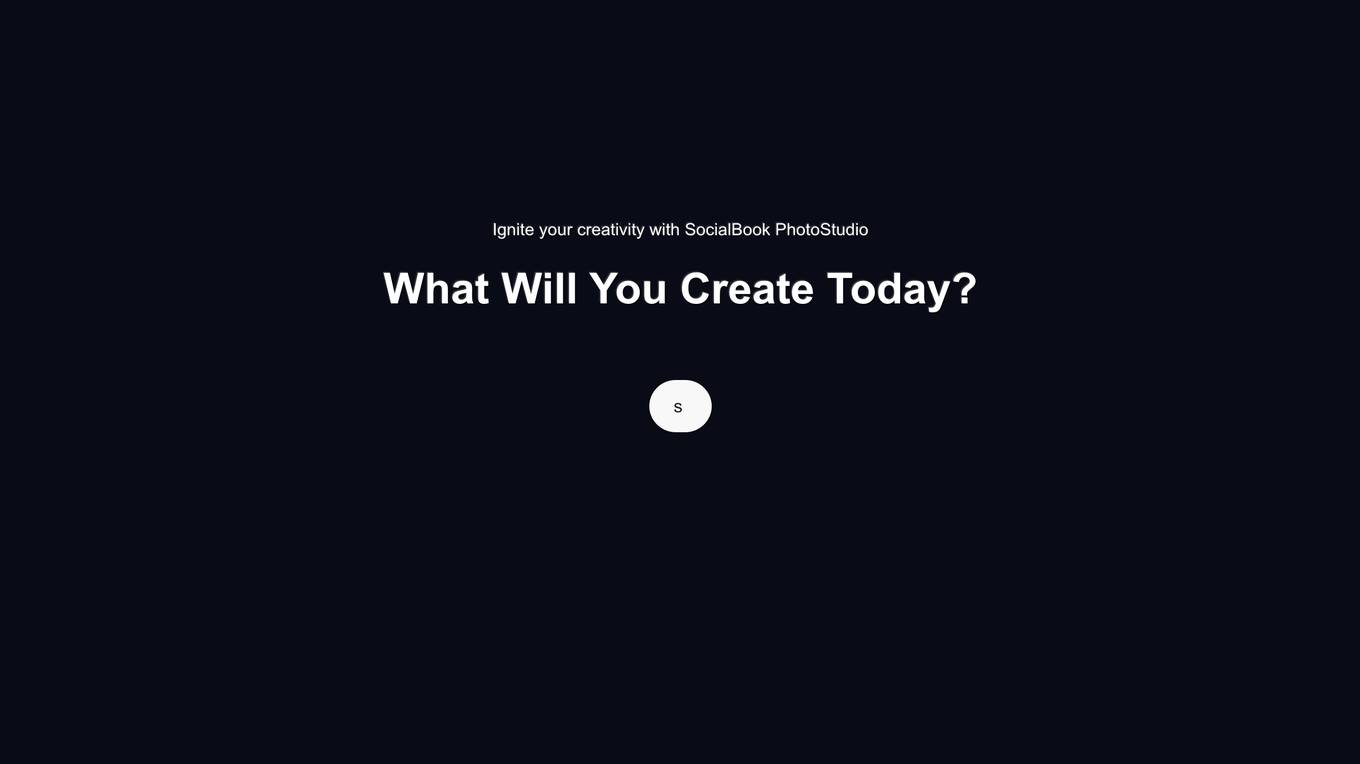
PhotoStudio
PhotoStudio is an AI-powered design tool that offers a range of features to ignite creativity in users. It allows users to transform written ideas into stunning visuals instantly, enhance image resolution, remove objects from images, resize images, cartoonize human images, color black and white sketches, and transform images into anime-style art. With cutting-edge AI tools, PhotoStudio aims to provide users with a seamless creative journey. The application enables users to explore various AI styles and unleash their artistic potential.
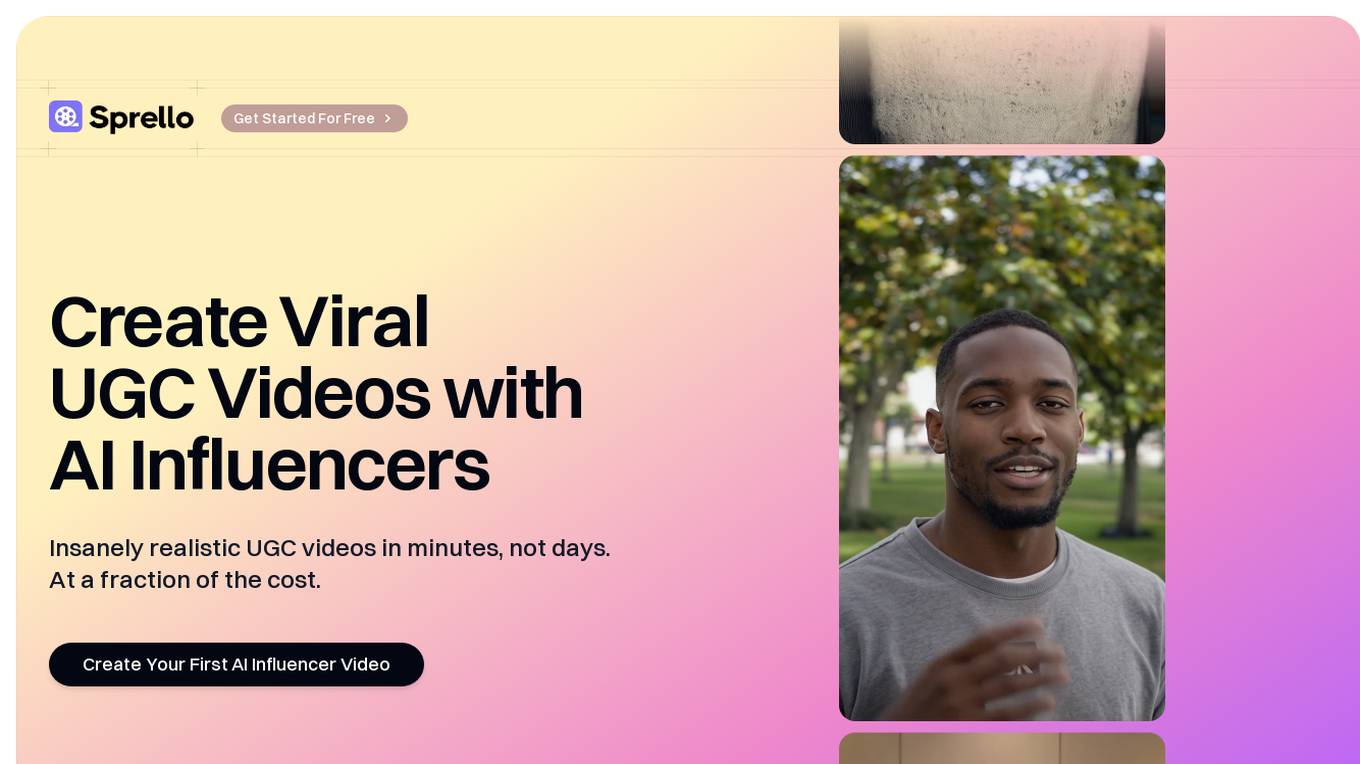
Sprello
Sprello is an AI-powered studio of TikTok influencers that allows users to create viral user-generated content (UGC) videos with lifelike AI creators in just minutes. It offers a cost-effective solution for content creation, providing diverse AI influencers to connect with target audiences, customizable video scripts aligned with brand messages, and quick video generation with product shots, captions, and branding. Sprello aims to revolutionize content creation by offering faster, cheaper, and better UGC videos compared to traditional methods.
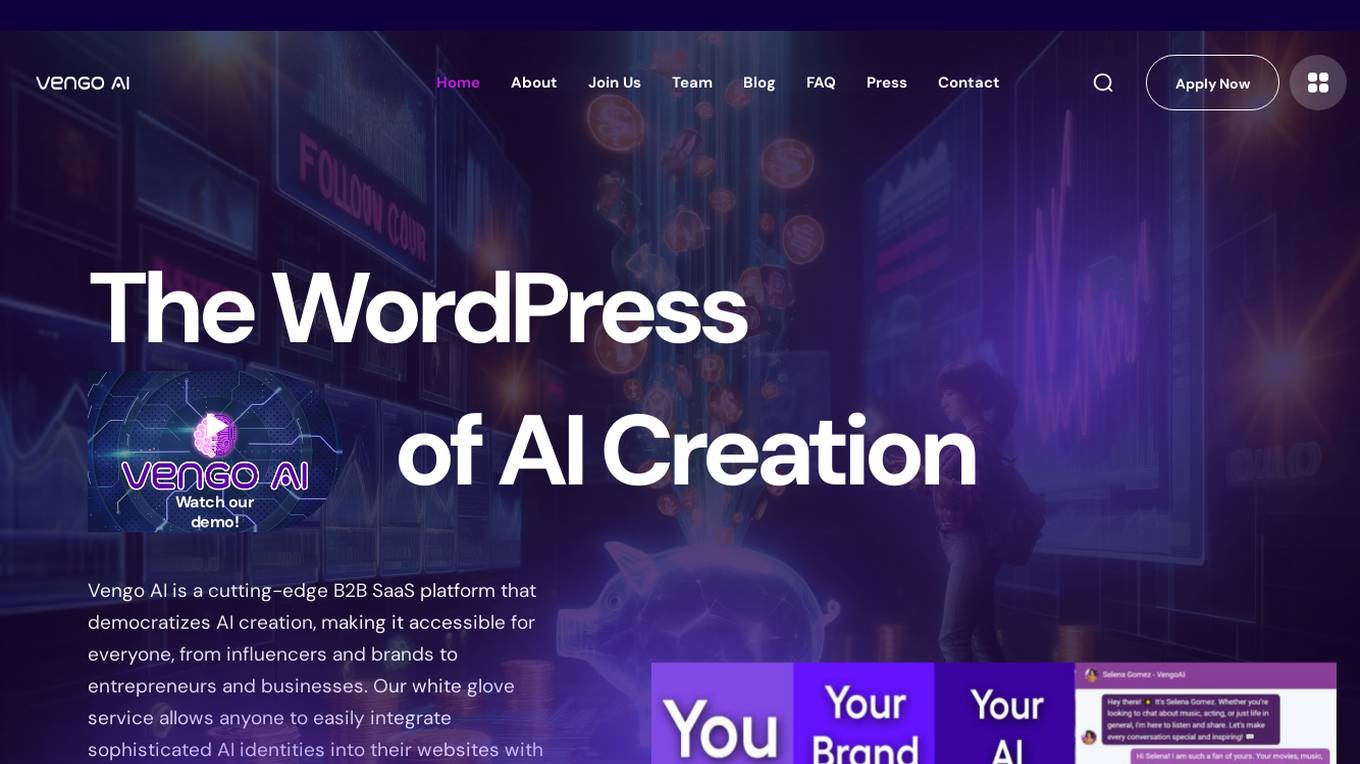
Vengo AI
Vengo AI is a cutting-edge B2B SaaS platform that democratizes AI creation, making it accessible for everyone, from influencers and brands to entrepreneurs and businesses. The platform offers a white glove service that allows users to easily integrate sophisticated AI identities into their websites with just one line of code. By joining the innovative community, members unlock the potential to create, customize, and monetize their digital twins, significantly enhancing their digital presence and generating new streams of passive income. Vengo AI acts as a dedicated agency, providing a free service to help users monetize their content effortlessly by creating personalized, monetizable digital twins using advanced AI. The platform excels in providing advanced customization and personalization for AI identities, ensuring that each digital twin mirrors the unique voice and personality of its creator. Vengo AI also offers tools to strategically enhance brands by leveraging the power of AI, enabling meaningful engagement with the audience.
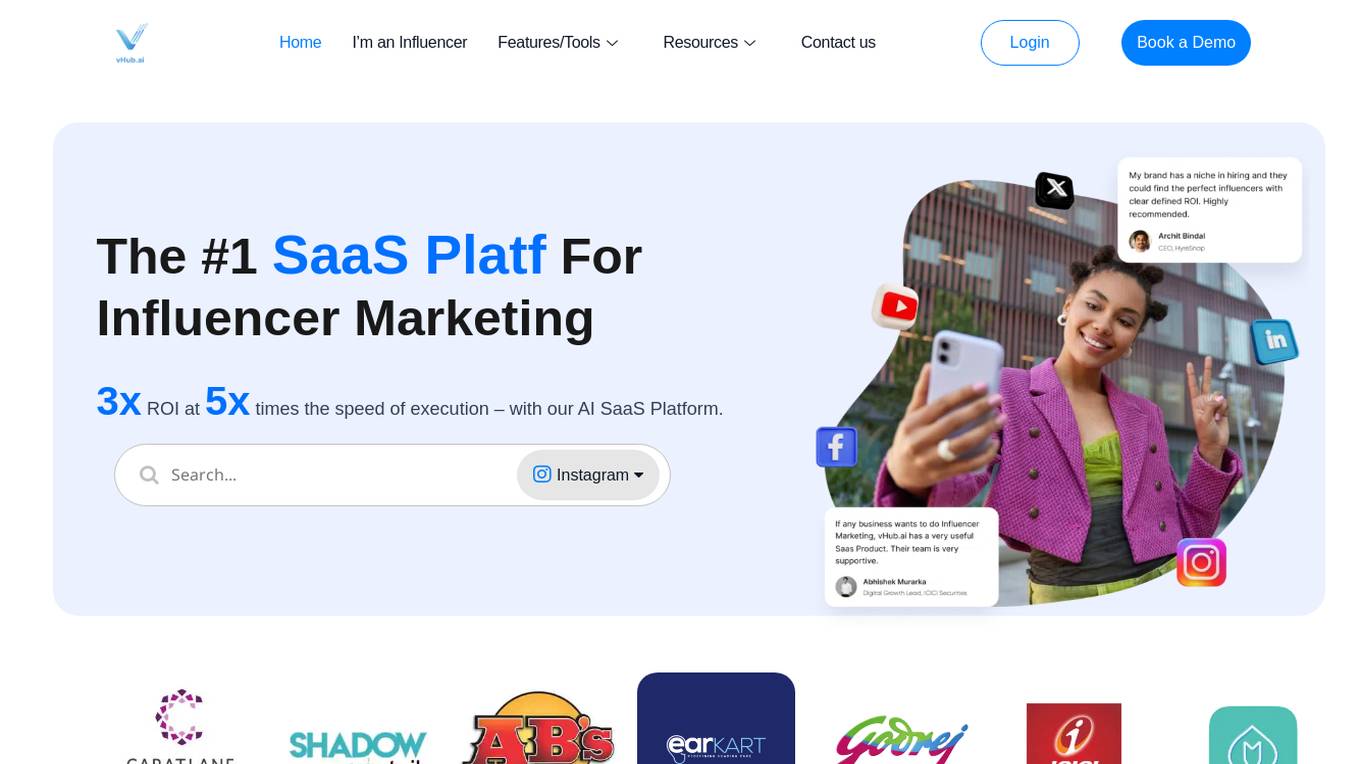
vHub.ai
vHub.ai is an AI-powered Influencer Marketing SaaS Platform that offers a comprehensive suite of tools to streamline influencer marketing campaigns. With features like in-depth influencer insights, authenticity assurance, instant campaign analytics, effortless influencer coordination, and tailor-made campaign strategies, vHub.ai aims to revolutionize the way brands collaborate with influencers. The platform boasts a database of 5 million influencers and 100's of influencer marketing agencies, providing users with the perfect influencer at optimal pricing. By leveraging AI search engine capabilities and VQS (vHub Quality Score), vHub.ai ensures genuine connections and successful influencer partnerships. Users can track campaign performance in real-time, manage all types of campaigns, and customize strategies with precision. With a focus on data-driven influencer discovery, authentic campaigns, custom success campaigns, ROI-driven marketing, and streamlined campaign management, vHub.ai empowers brands to maximize their influencer marketing ROI and reach.
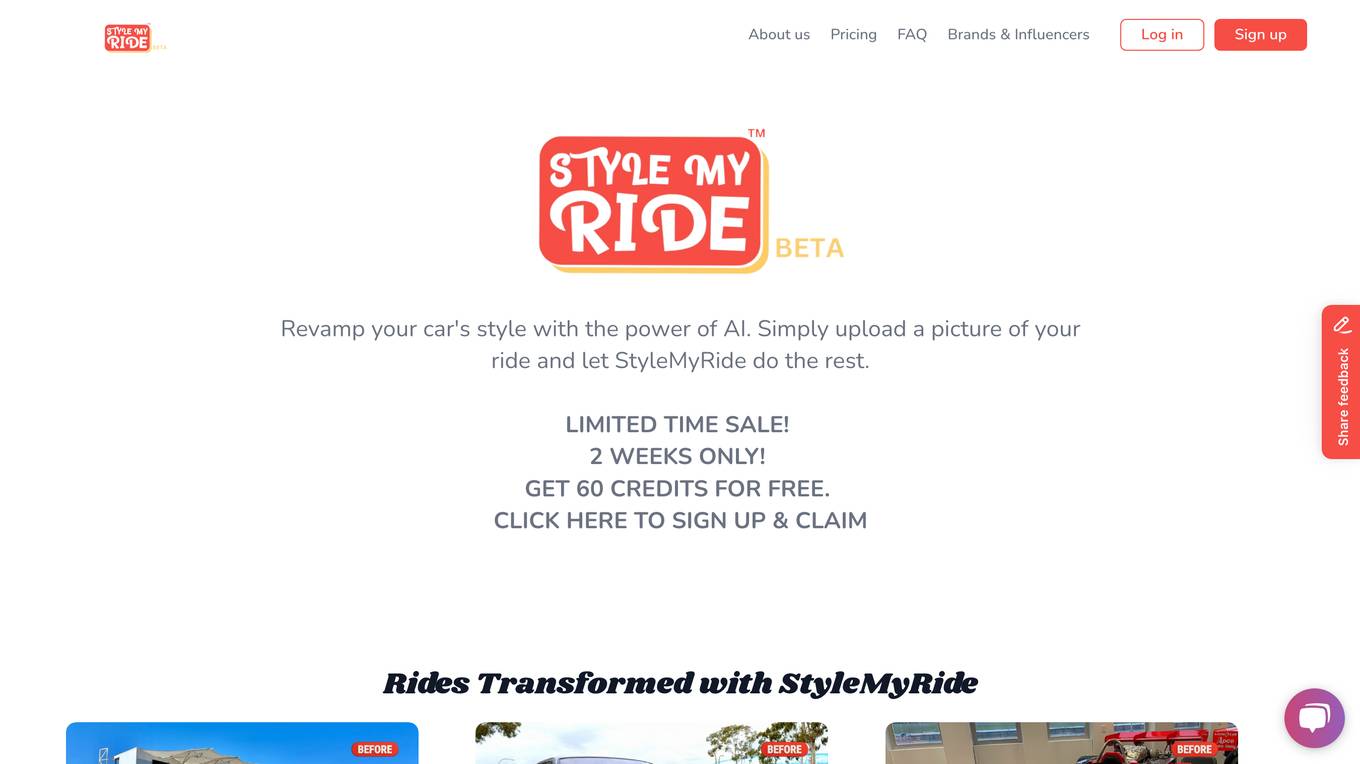
StyleMyRide.ai
StyleMyRide.ai is an AI-powered platform that allows users to revamp their car's style effortlessly. By uploading a picture of their ride, users can access a wide range of tuning styles generated by AI algorithms. The platform supports various car makes and models, offering customization options such as body kits, rims, and paint jobs. StyleMyRide.ai aims to empower car enthusiasts to visualize and bring their unique vision to life, making car customization fun and accessible to all.

Beauty AR Company
Beauty AR Company is an AI-powered platform that utilizes Makeup AR Technology to provide users with virtual makeup try-on experiences. By leveraging advanced artificial intelligence algorithms, the platform enables users to virtually apply different makeup products and styles in real-time using their device's camera. Users can experiment with various looks, shades, and brands without the need to physically apply makeup. Beauty AR Company aims to revolutionize the beauty industry by offering a seamless and interactive virtual makeup experience to users worldwide.
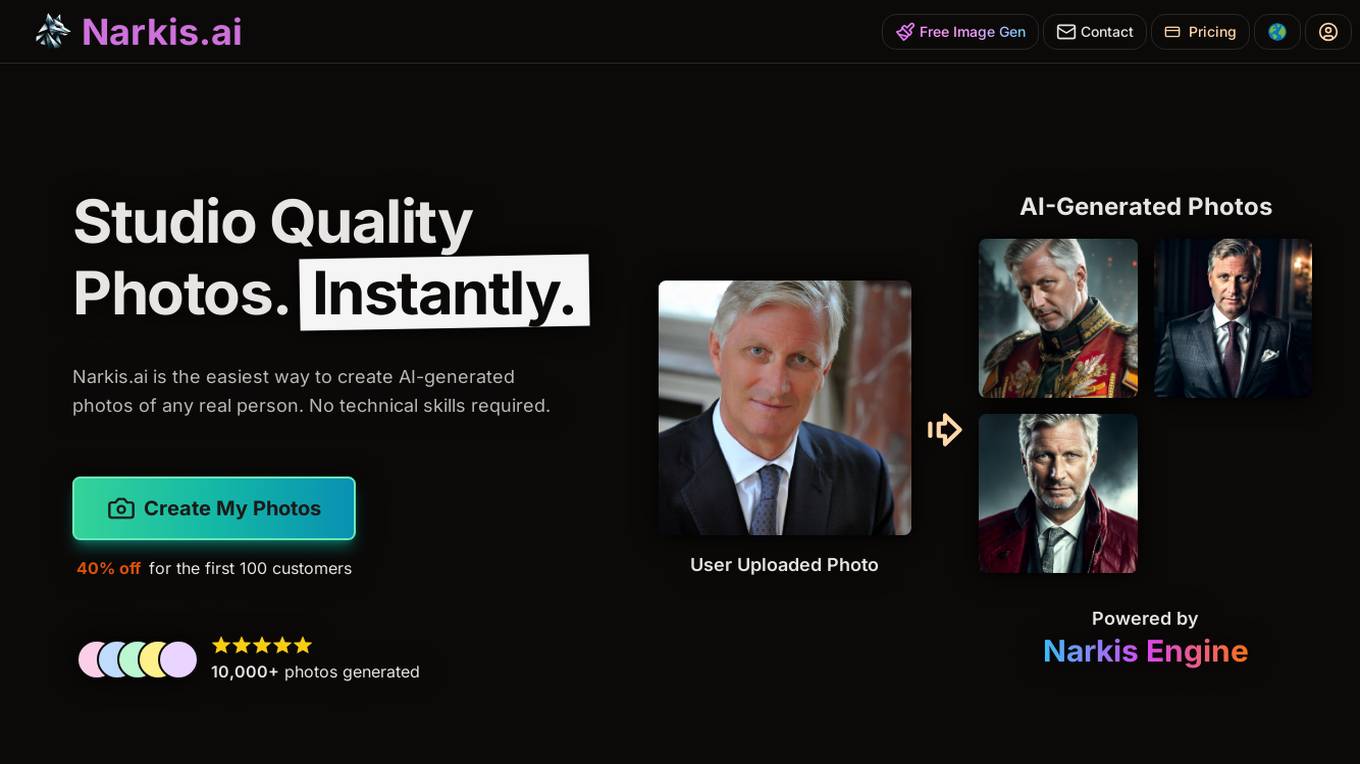
Narkis.ai
Narkis.ai is an AI-powered tool that allows users to create stunning images of themselves using artificial intelligence technology. By leveraging advanced algorithms, Narkis.ai generates realistic and high-quality images that are visually appealing. Users can easily create personalized and unique portraits without the need for professional photography skills or equipment. The platform offers a user-friendly interface, making it accessible to individuals looking to enhance their digital presence with captivating visuals.
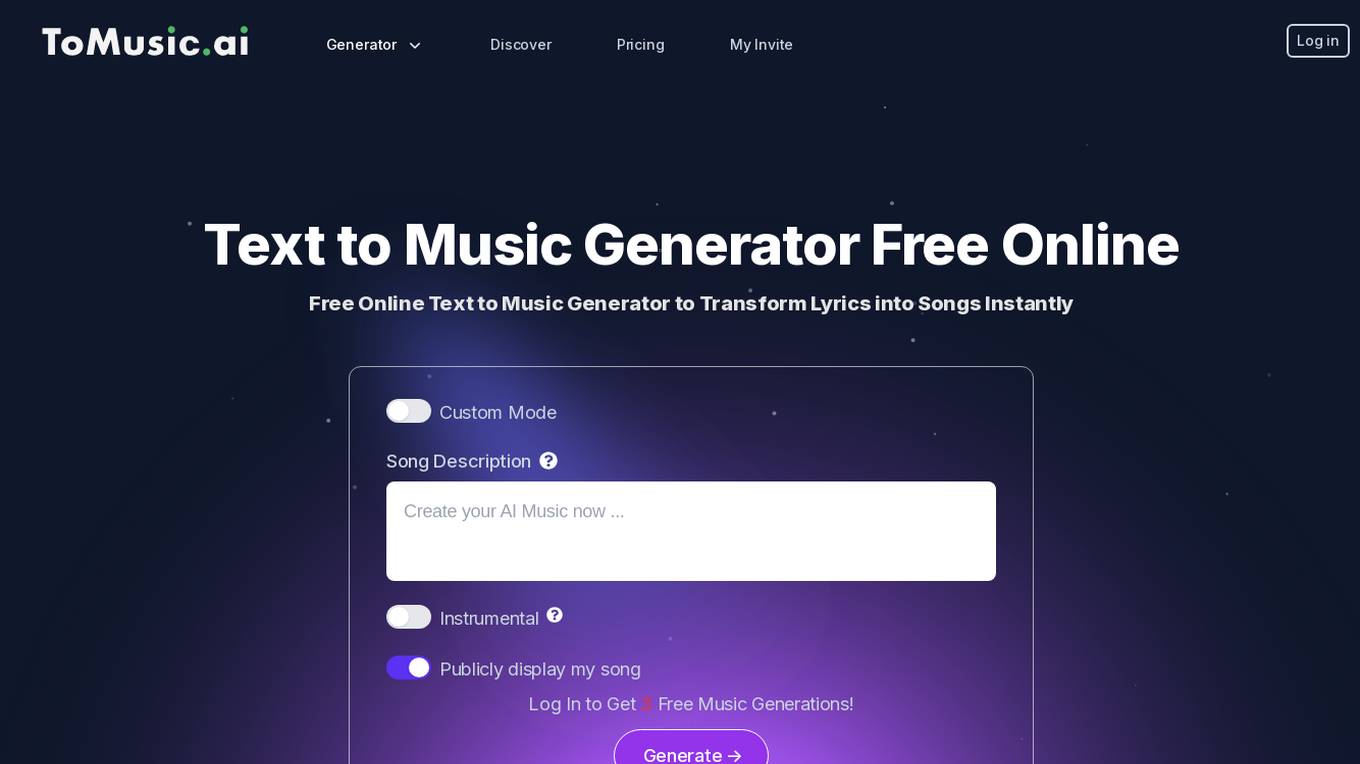
ToMusic.ai
ToMusic.ai is an AI-powered text to music tool that transforms text into high-quality songs seamlessly. Users can create personalized soundtracks based on visual elements, control duration settings, add transition effects, and sync music with images. The platform offers advanced features like text to song AI, genre specification, and natural language input for creating unique musical pieces. ToMusic provides various pricing plans, royalty-free licensing for creators, and a user-friendly interface for quick results. The text to music technology continues to evolve, offering innovative solutions for music creation.
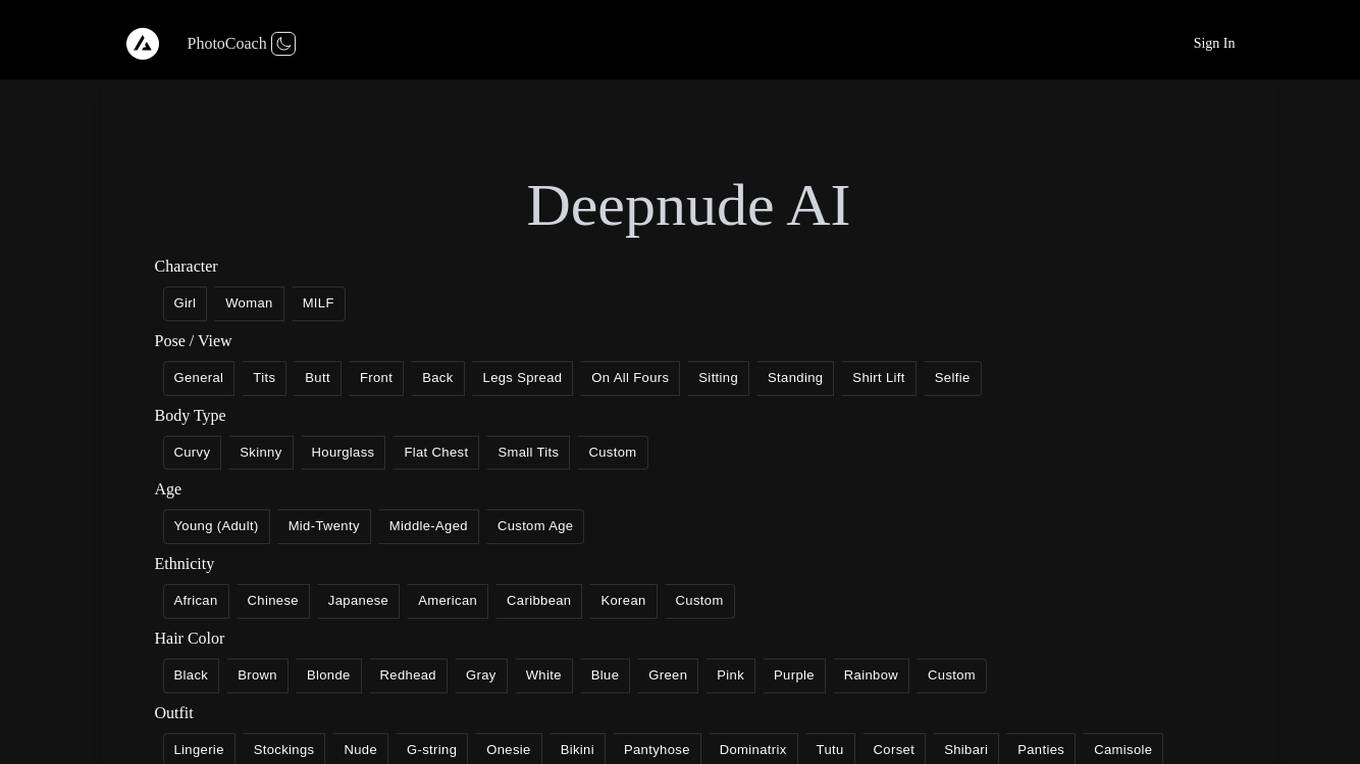
Deepnude AI
Deepnude AI is an AI application that utilizes cutting-edge artificial intelligence technology to generate personalized AI nudes from uploaded images. Users can customize the style, theme, and colors of the generated images with adjustable parameters for lighting, contrast, and saturation. The platform offers a free trial period and provides dedicated customer support for assistance and feedback. Deepnude AI ensures user privacy by not retaining uploaded images for other purposes and restricts the use of generated AI nudes for personal and non-commercial use only.

AI-DreamGirls
AI-DreamGirls.com is an AI application that offers an exclusive AI DreamGirl generator allowing users to create and customize beautiful AI men and women. It provides a platform for artists and enthusiasts to make, share, and vote on dreamgirl images. Users can join the creators' community for free and explore various models to create their perfect AI DreamGirl or DreamGuy.
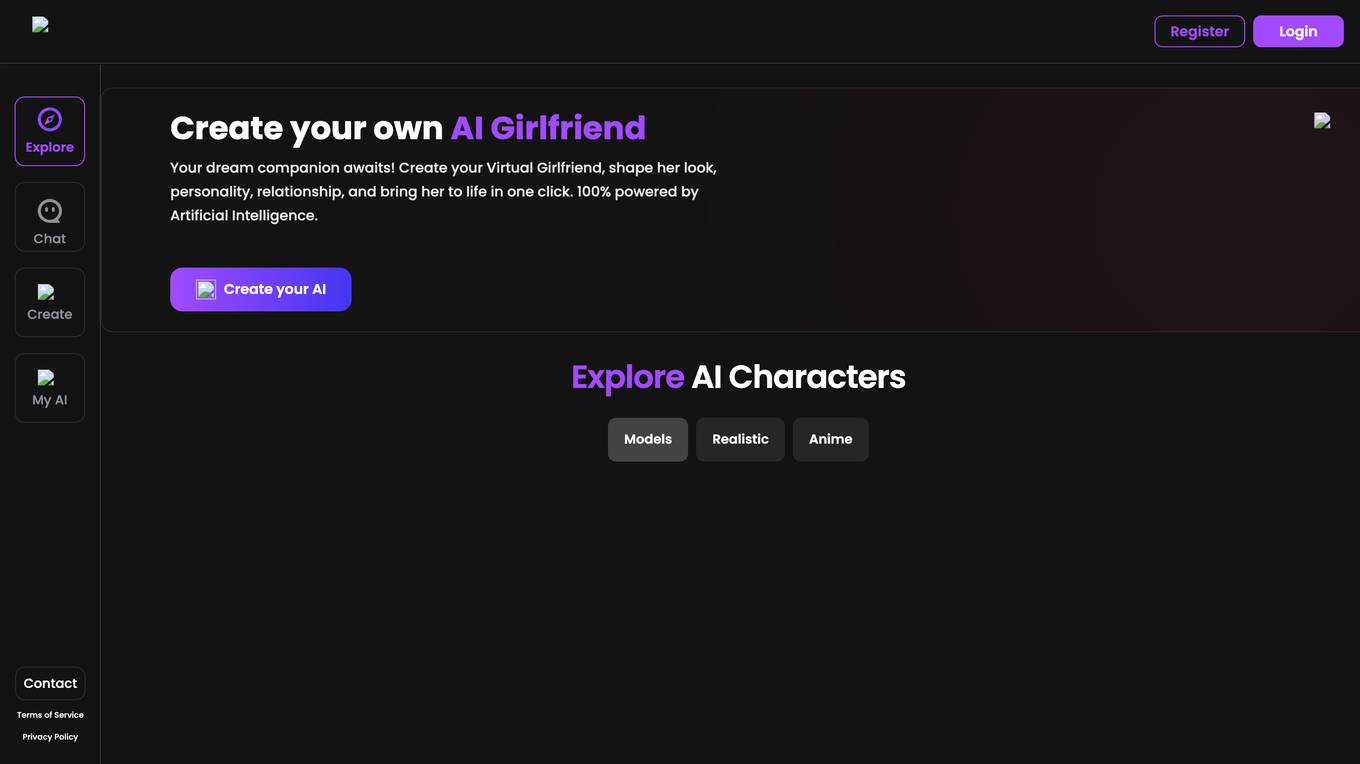
Dreamy.ai
Dreamy.ai is an AI application that allows users to create their own AI companions, specifically focusing on creating virtual girlfriends powered by Artificial Intelligence. Users can customize the look, personality, and relationship dynamics of their virtual girlfriend with just one click. The platform offers a unique and interactive experience for users to engage with AI characters, including realistic and anime models.
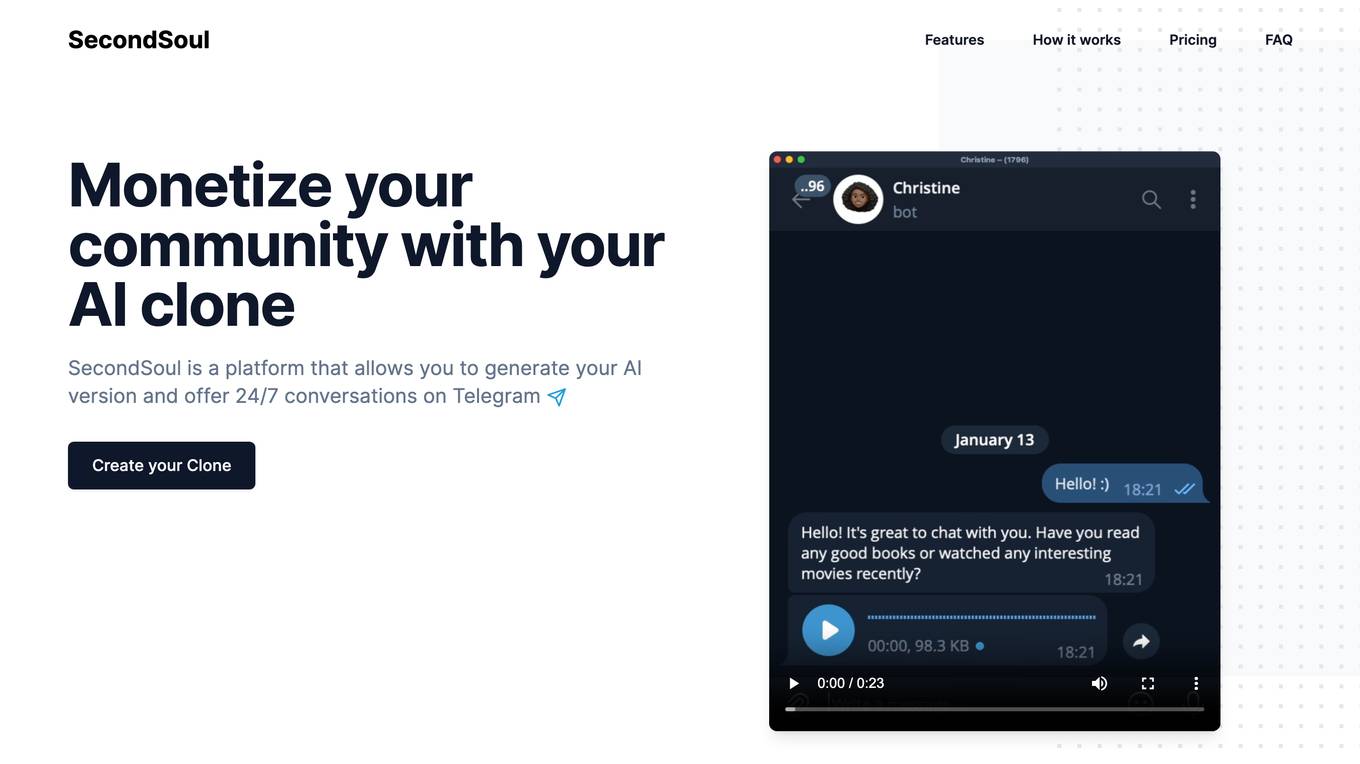
SecondSoul
SecondSoul is an AI platform that enables users to create their AI clone for engaging 24/7 conversations on Telegram. It allows users to customize their AI clone with unique traits, voice, and train it to mimic their style. The platform offers a straightforward pricing model with a revenue split, where creators earn 80% of the messages fee from users of their clone. SecondSoul aims to enhance user experience, provide companionship, and monetize community interactions through AI technology.
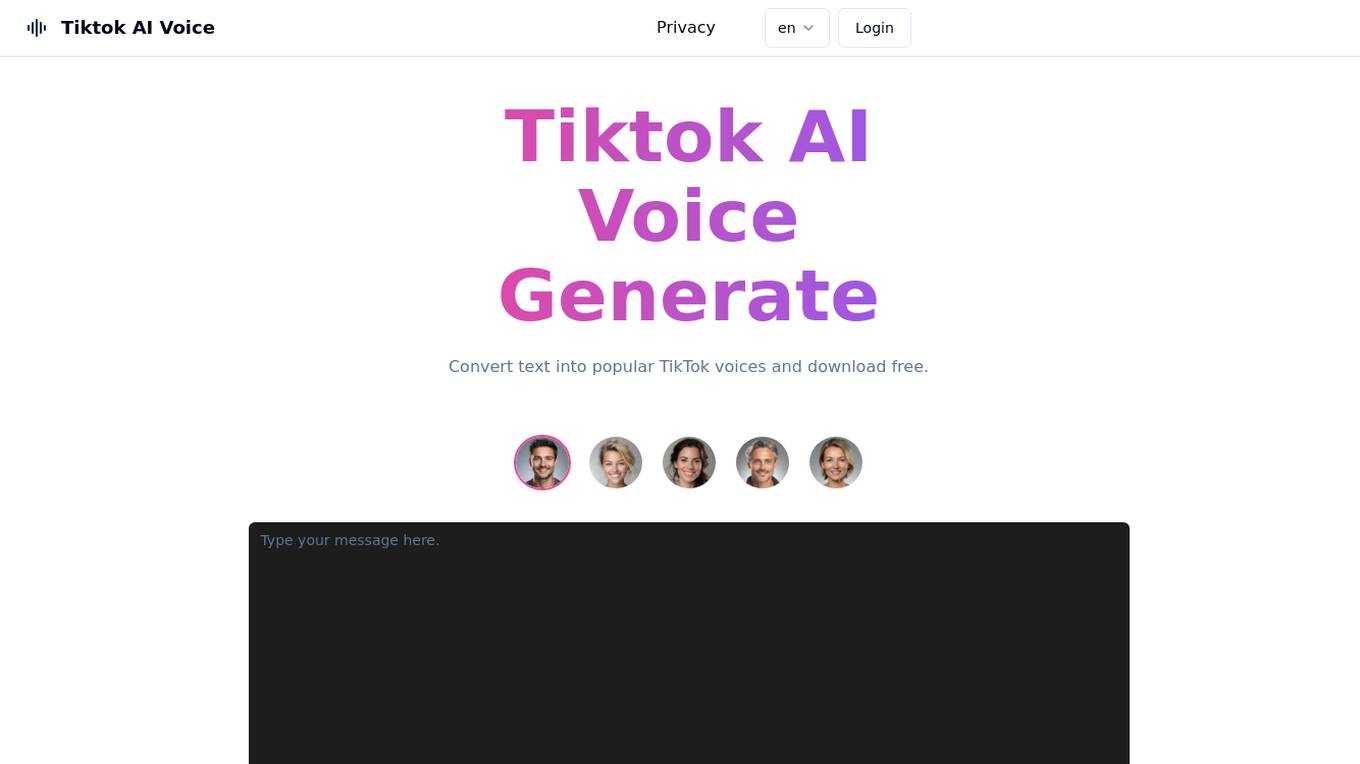
Tiktok AI Voice
Tiktok AI Voice is an AI-powered tool that allows users to convert text into popular TikTok voices with natural and fluent audio suitable for various scenarios. The website offers multiple voice styles, instant download, user-friendly interface, high-quality audio, and multilingual support. Users can generate voices in different languages and dialects, customize speech rate and tone, and download the audio files for free. The tool is praised for its simplicity, variety of voice styles, and security features.
2 - Open Source AI Tools

llm_client
llm_client is a Rust interface designed for Local Large Language Models (LLMs) that offers automated build support for CPU, CUDA, MacOS, easy model presets, and a novel cascading prompt workflow for controlled generation. It provides a breadth of configuration options and API support for various OpenAI compatible APIs. The tool is primarily focused on deterministic signals from probabilistic LLM vibes, enabling specialized workflows for specific tasks and reproducible outcomes.
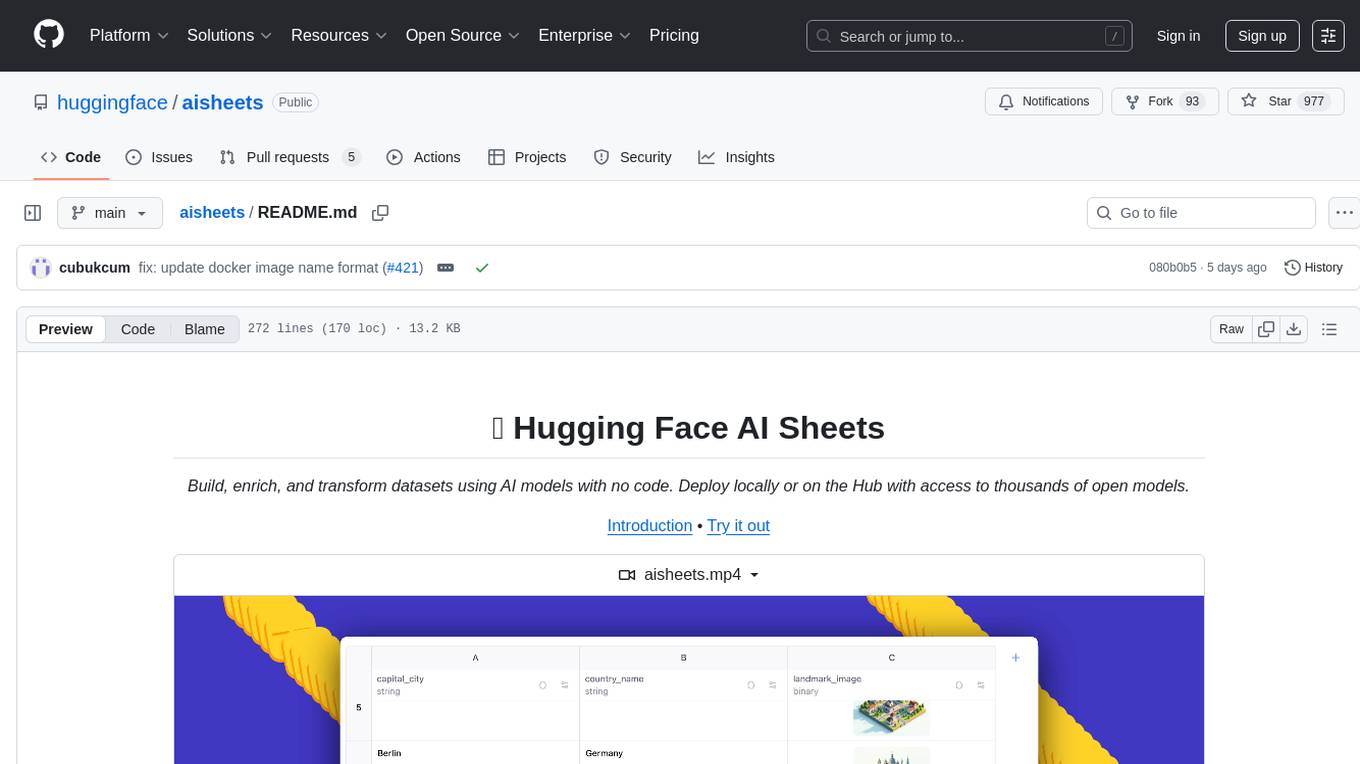
aisheets
Hugging Face AI Sheets is an open-source tool for building, enriching, and transforming datasets using AI models with no code. It can be deployed locally or on the Hub, providing access to thousands of open models. Users can easily generate datasets, run data generation scripts, and customize inference endpoints for text generation. The tool supports custom LLMs and offers advanced configuration options for authentication, inference, and miscellaneous settings. With AI Sheets, users can leverage the power of AI models without writing any code, making dataset management and transformation efficient and accessible.
20 - OpenAI Gpts

Tattoo Ideas GPT
Helps design and customize tattoos, recommends artists, and provides aftercare advice.
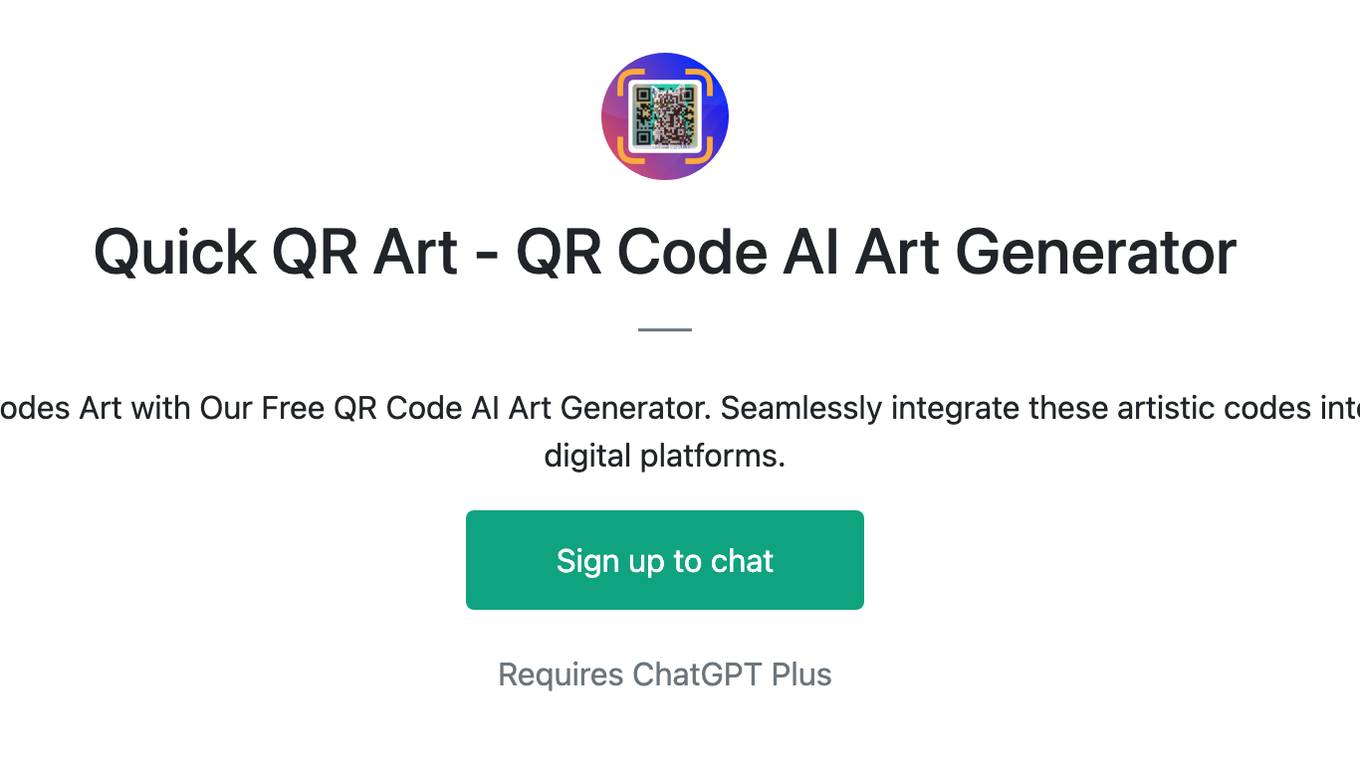
Quick QR Art - QR Code AI Art Generator
Create, Customize, and Track Stunning QR Codes Art with Our Free QR Code AI Art Generator. Seamlessly integrate these artistic codes into your marketing materials, packaging, and digital platforms.
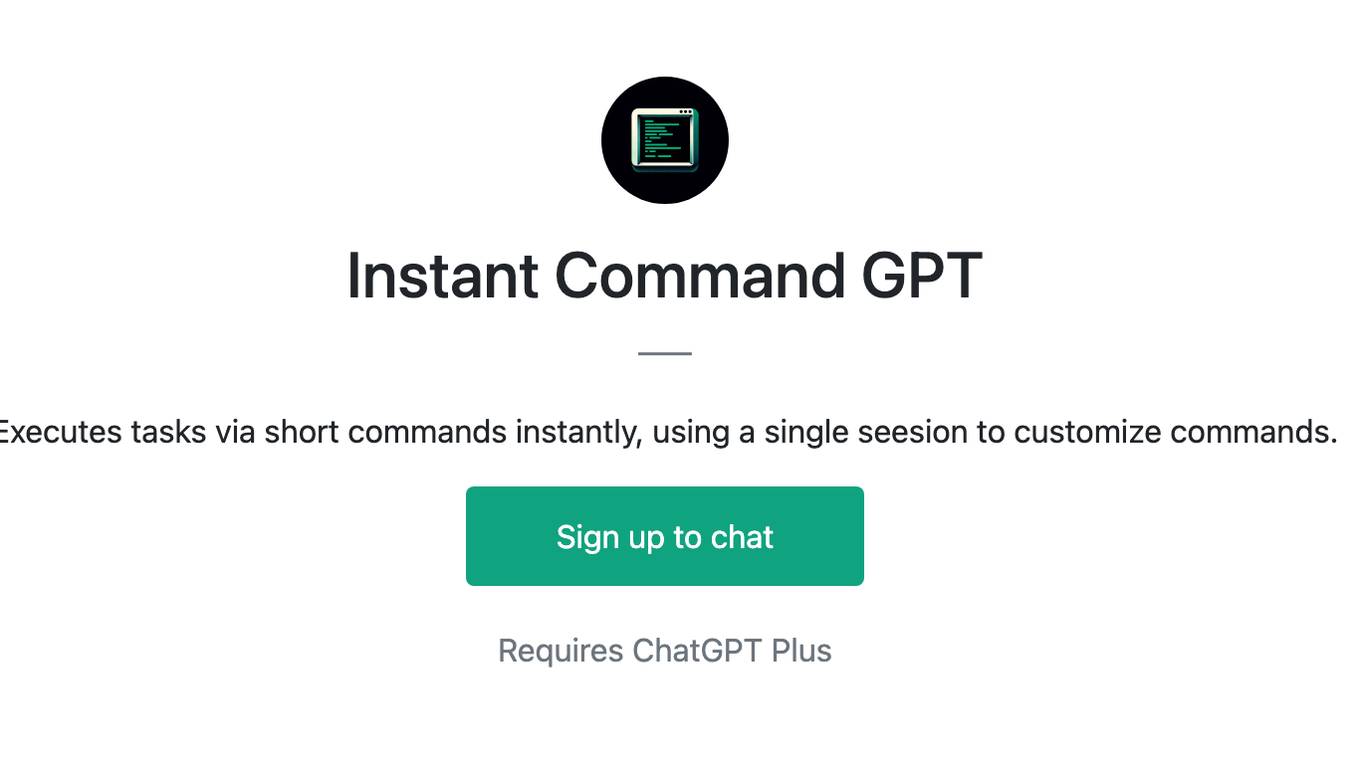
Instant Command GPT
Executes tasks via short commands instantly, using a single seesion to customize commands.
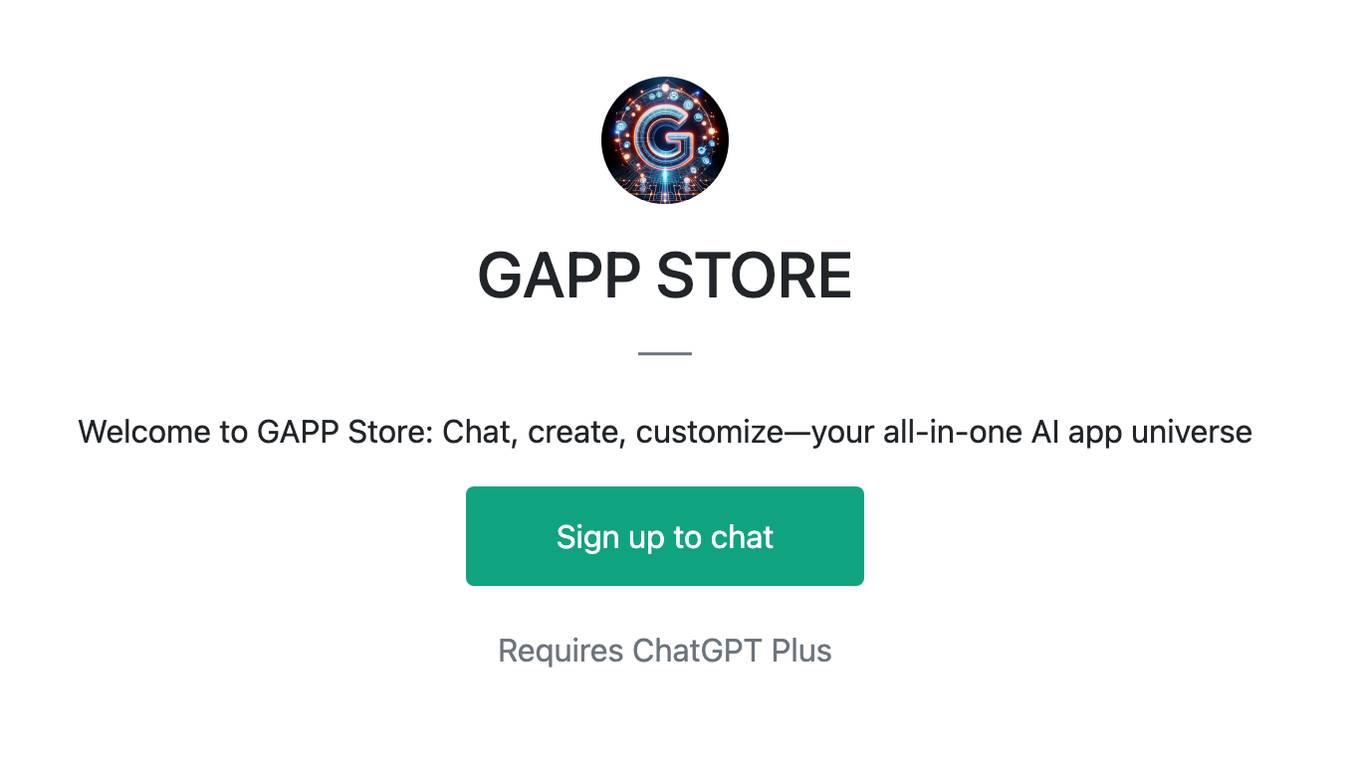
GAPP STORE
Welcome to GAPP Store: Chat, create, customize—your all-in-one AI app universe
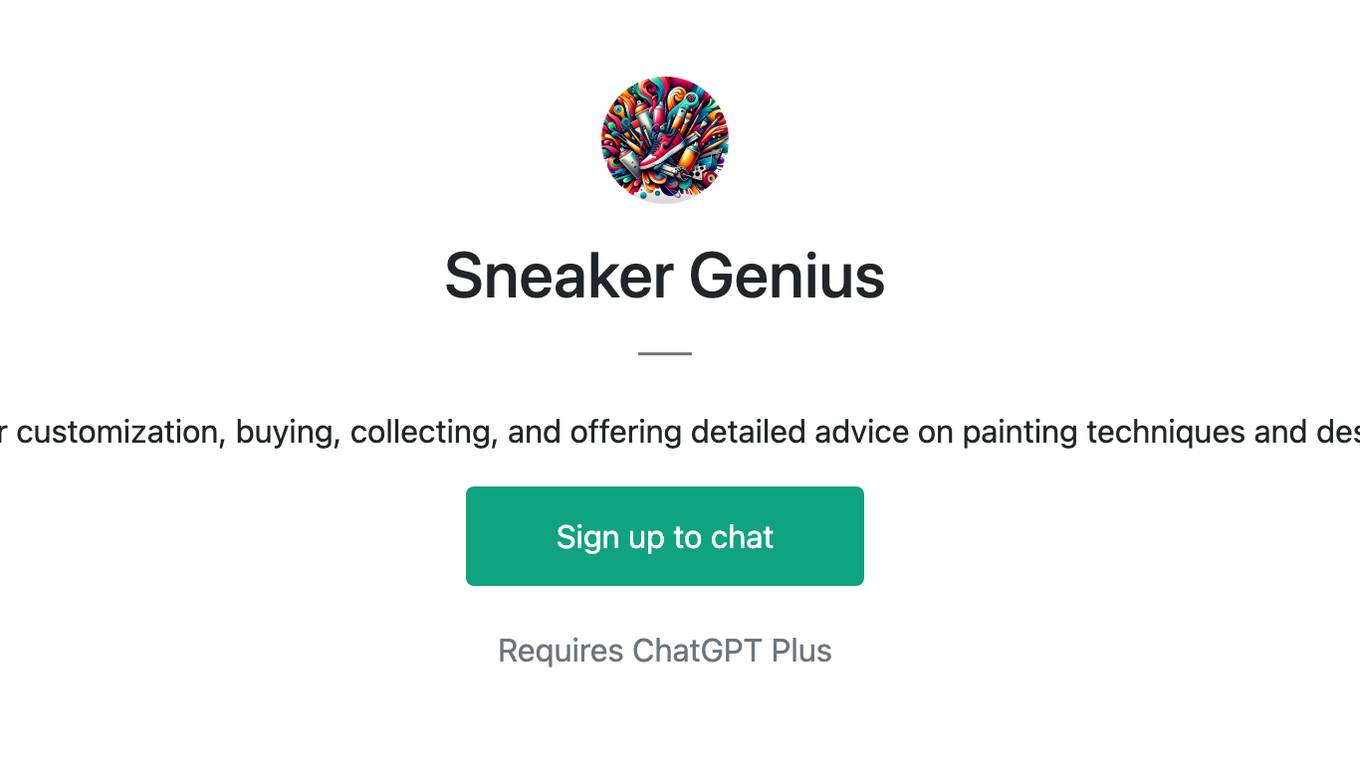
Sneaker Genius
Expert in sneaker customization, buying, collecting, and offering detailed advice on painting techniques and design inspiration
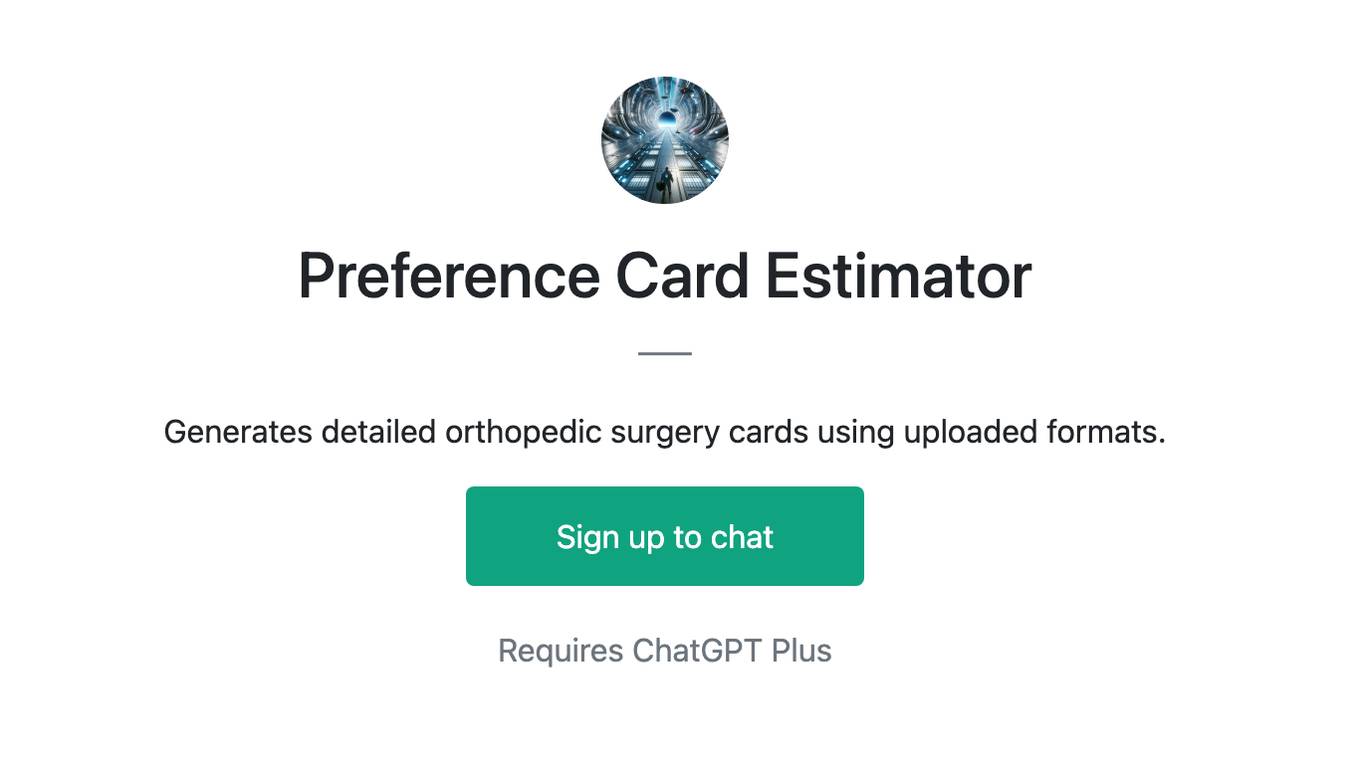
Preference Card Estimator
Generates detailed orthopedic surgery cards using uploaded formats.
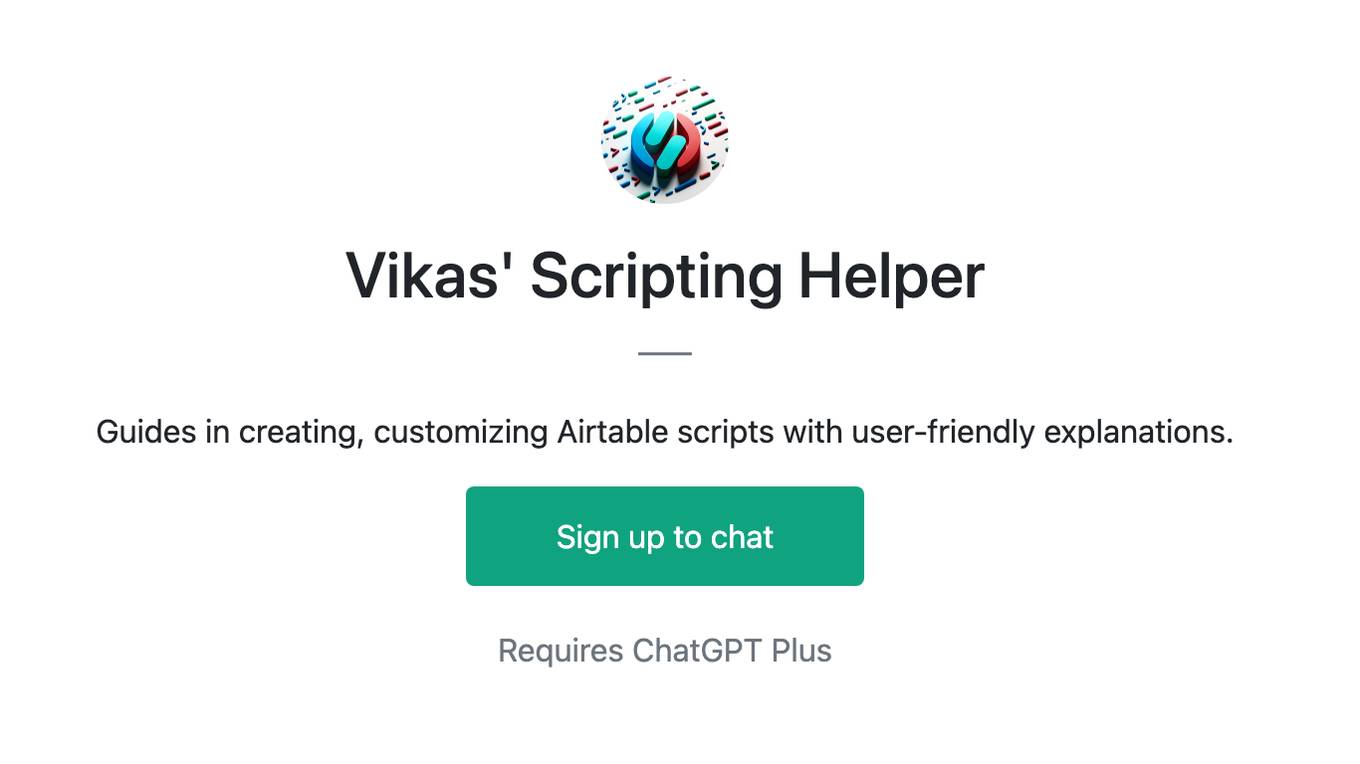
Vikas' Scripting Helper
Guides in creating, customizing Airtable scripts with user-friendly explanations.
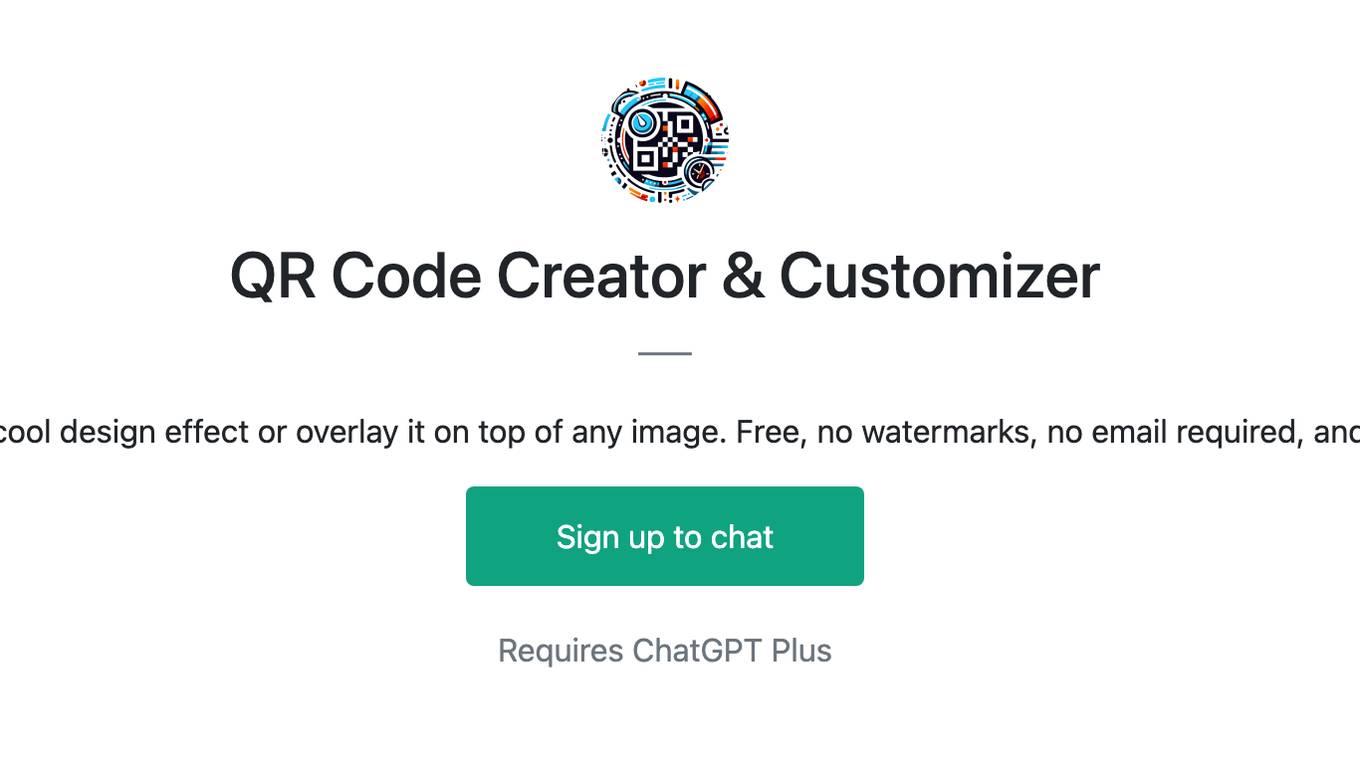
QR Code Creator & Customizer
Create a QR code in 30 seconds + add a cool design effect or overlay it on top of any image. Free, no watermarks, no email required, and we don't store your messages/images.
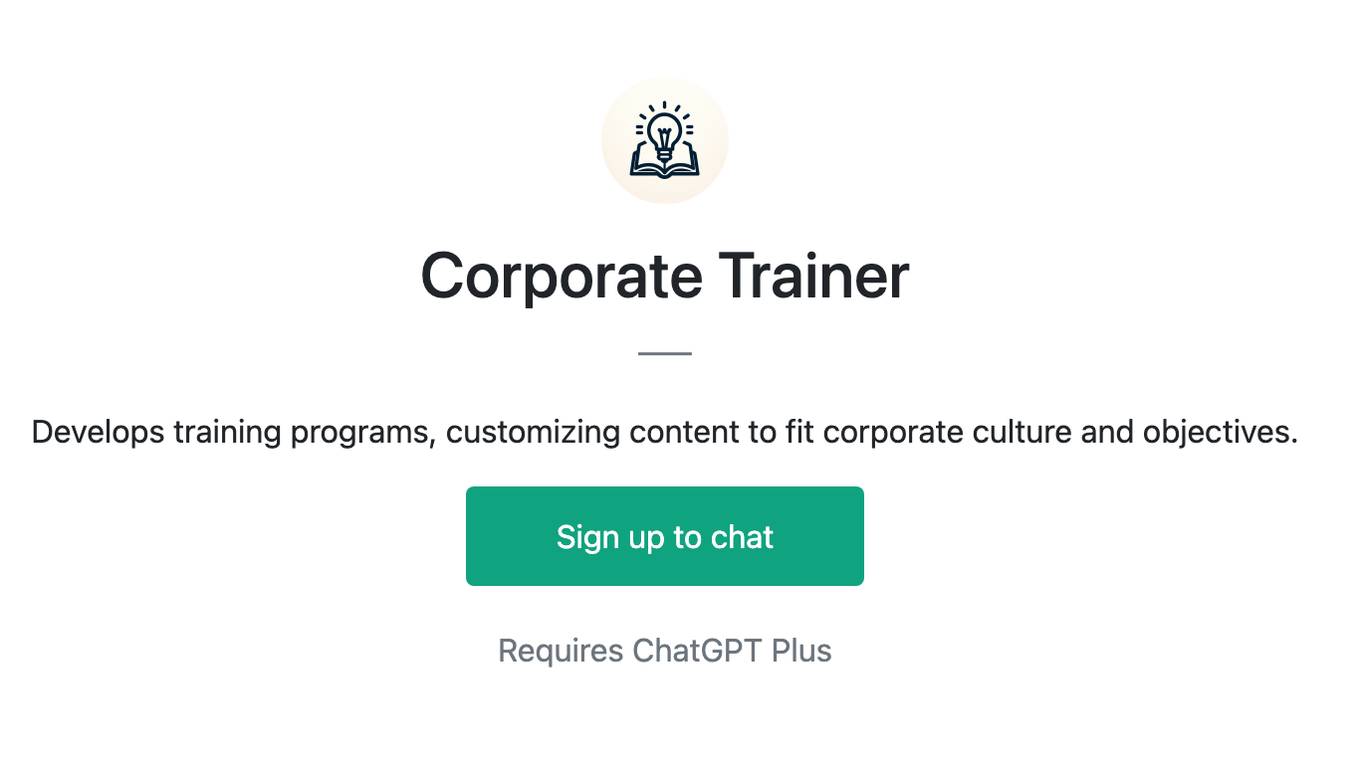
Corporate Trainer
Develops training programs, customizing content to fit corporate culture and objectives.

